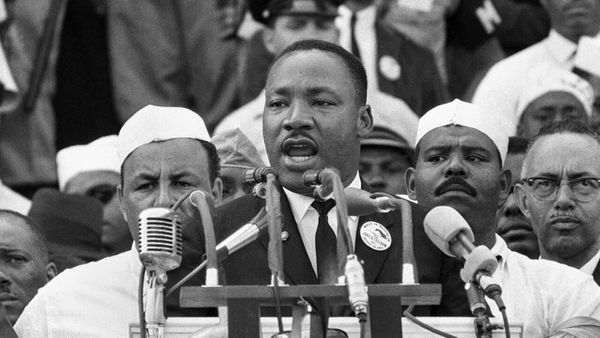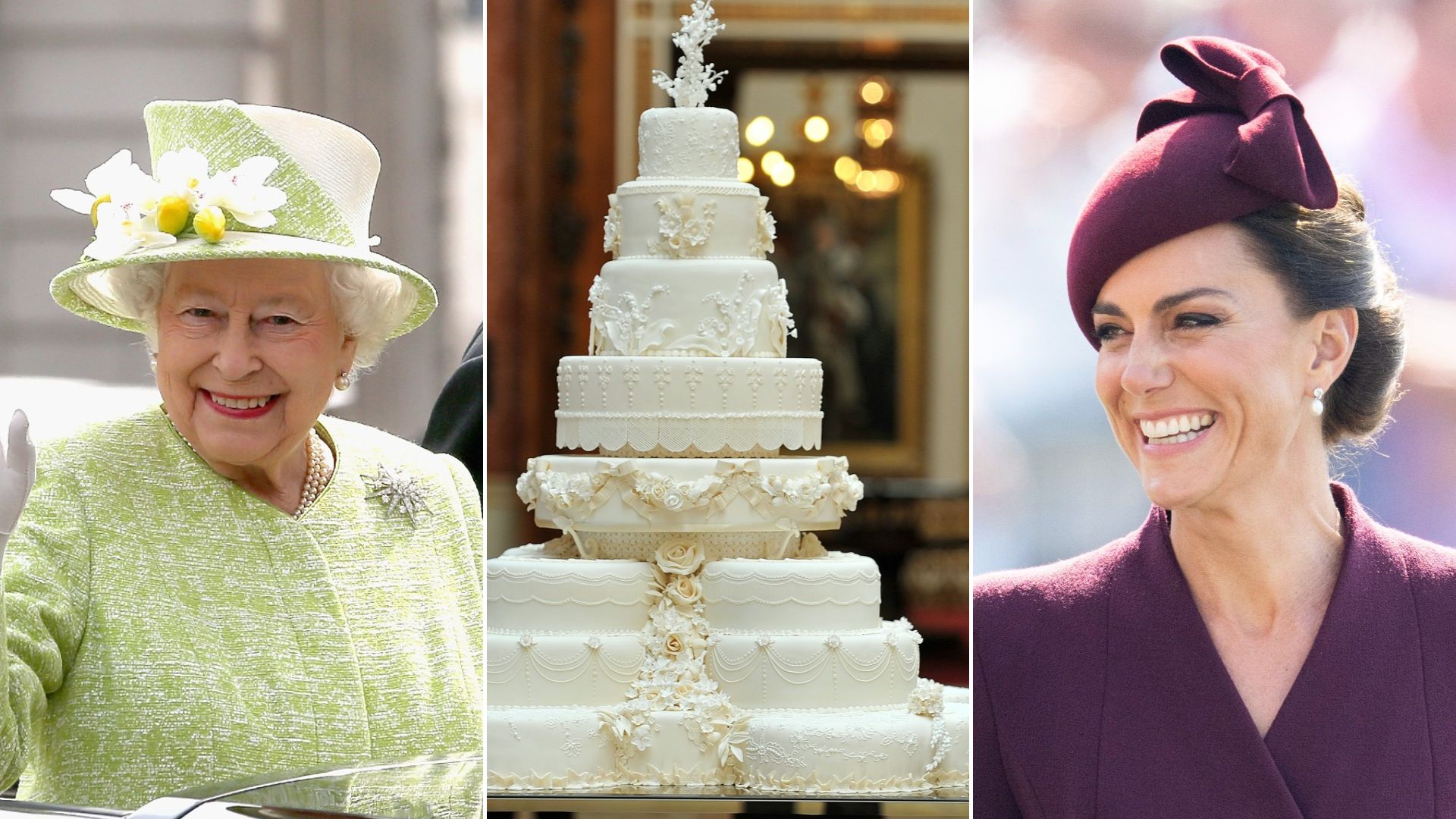
Perhaps more than anyone else, the royal family have a few odd traditions, facts and stories about themselves that you may not be aware of – so what are a few of the weirdest things we know about the British royal family?
Given that the royals are one of the oldest, wealthiest, most famous and most traditional families in the world, it's safe to assume that they have a couple of bizarre secrets, protocols and stories surrounding them. From strange traditions at family Christmases spent at Sandringham, unusual daily rituals, and odd chores for their staff members, there are plenty of slightly weird things that you may not be aware of about the likes of the late Queen Elizabeth, King Charles and Princess Kate.
And while many of the bizarre facts we know about the royals still happen in the modern day, some of the weirdest things about the royals are rules passed down through generations.
So what are some of the weirdest facts about the royals that you simply must know about? Here are 32 of the most bizarre, whacky, odd and funny facts about the British royal family.
32 of the weirdest facts about the royal family
The monarch celebrates their birthday twice a year
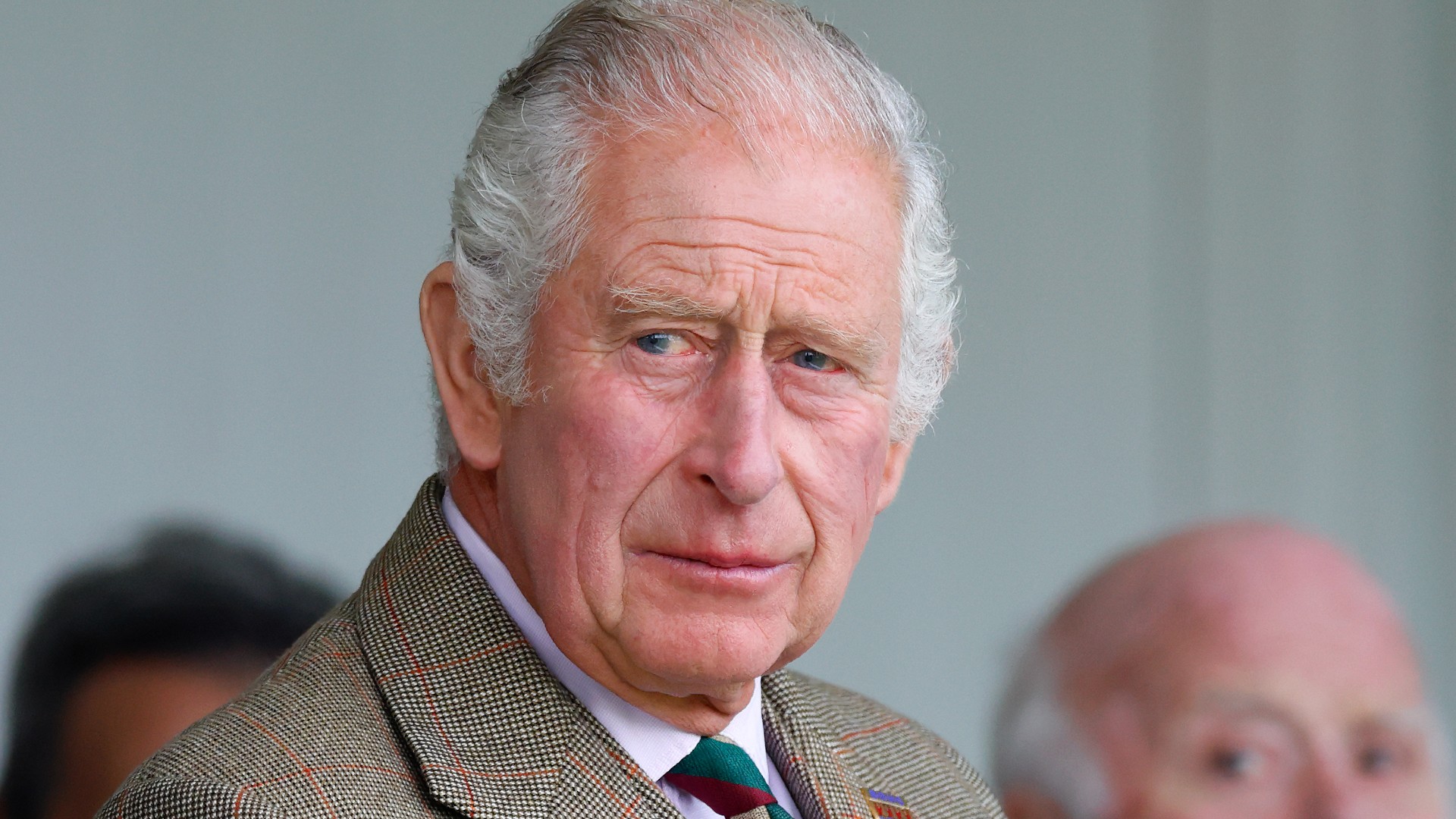
As many of us know from Queen Elizabeth II’s long reign (she lived until the ripe old age of 96, after all), the British monarch oddly celebrates two birthdays a year - their ‘official’ birthday as King or Queen, and their actual birthday, the day they were born.
Queen Elizabeth's official birthday was 12th April, whereas her second birthday celebrations every year took place on the second Saturday of June. For King Charles, the same will be true; he will celebrate a public birthday in June, and his actual birthday on 14th November.
Why does this happen? The simple answer is that the monarch’s birthday is usually celebrated with a full outdoor parade and celebrations otherwise known as the Trooping the Colour ceremony. Queen Elizabeth’s April birthday was considered to be too cold a time of year for such a big outdoor celebration, which of course means that the monarch requires two celebrations – a private one in winter and a public one in summer. And with King Charles’ birthday in November, this weird trend very much looks set to continue.
The royals aren’t allowed to sign autographs
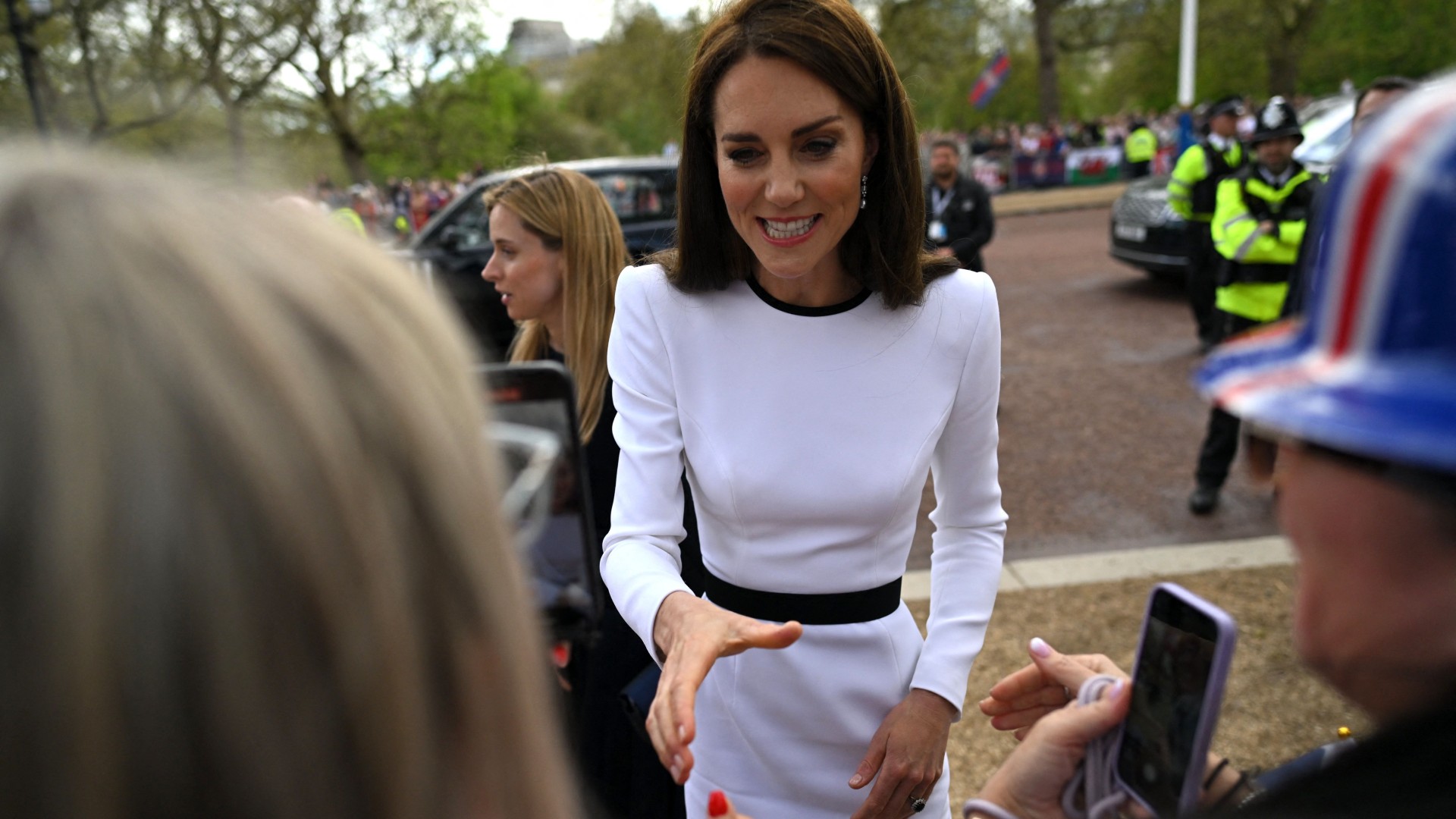
Though they are celebrities in a similar way as actors and singers are, the royal family aren’t allowed to do one of the things most famous people do on a regular basis, which is sign autographs.
The likes of the Princess of Wales and King Charles have actually confessed to members of the public on numerous occasions that they are not ‘permitted’ to sign autographs when meeting royal fans. It is suspected that the royals – being the world-famous figures they are – are not allowed to sign their names due to the risk of forgery it could present.
The royal family have ever-changing surnames
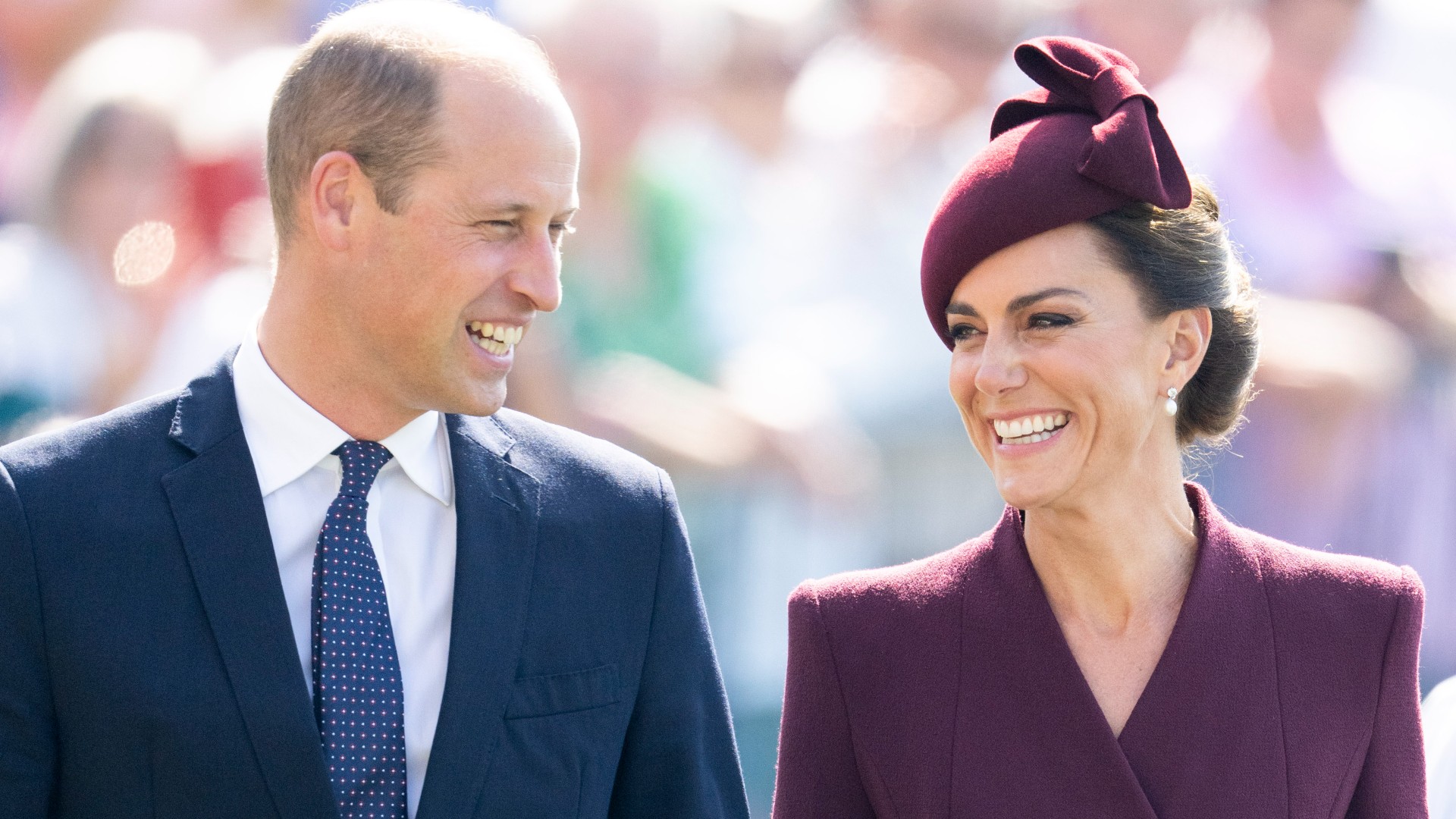
The British royal family do have an official surname that they all share, which is Mountbatten-Windsor, the combination of Queen Elizabeth’s surname and Prince Philip’s.
However, many members of the royal family rarely go by this surname officially, and instead, appear to change their surnames depending on their titles at the time. For example, when Prince Harry was single and officially operated under under his father as a royal, he was commonly known as ‘Harry Wales’, due to his father’s Prince of Wales title at the time. In his 2023 memoir Spare, Harry in fact revealed that in the military, he was referred to as Captain Harry Wales.
Now, however, Harry and Meghan have revealed their family name to be Sussex, as per their official titles at marriage of the Duke and Duchess of Sussex.
Prince William has also gone through a few surnames. As with Harry, he also often used the surname Wales before marrying Catherine. After their 2011 marriage, William and his wife were given the title of Duke and Duchess of Cambridge, and were thereafter known as ‘the Cambridges’. Now, however, William is of course the Prince of Wales, making the family surname ‘Wales’ once again. Odd, and a little confusing, if you ask us!
Princess Charlotte is ahead of her youngest brother in line to the throne - but Anne isn’t
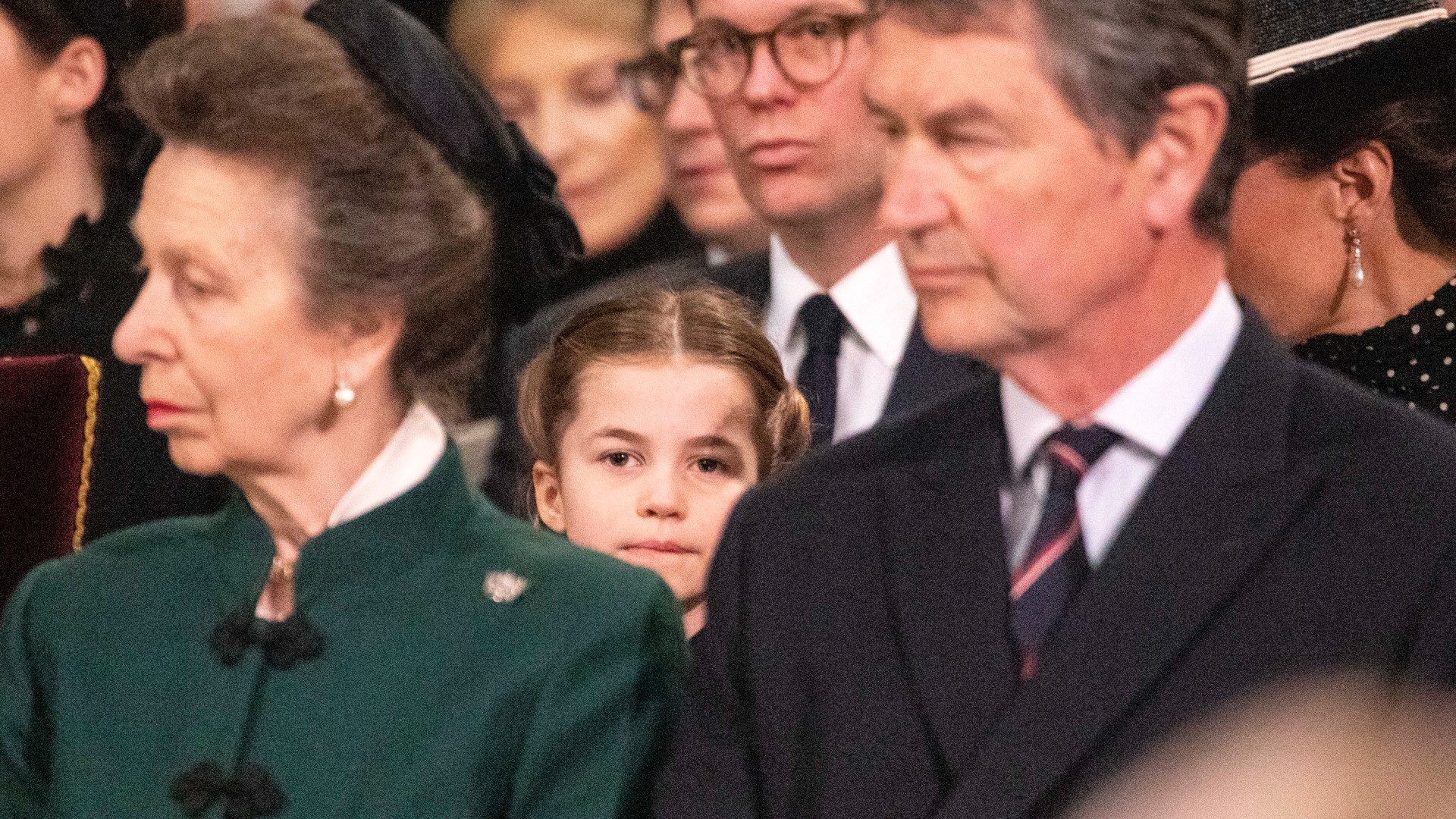
Princess Anne was and still is forced to sit behind her younger brothers in the royal line of succession, due to an antiquated royal rule that was around when she was born, that dictated that men were preferential for taking the throne.
Despite being over 10 years older than both Prince Andrew and Prince Edward, the Princess Royal is now 17th in line to the throne, despite being second in line when she was born. Comparatively, Prince Andrew and Prince Edward are now 8th and 14th in the line of succession respectively.
Thankfully, this strange rule has since been phased out with the latest generation of royals, and Princess Charlotte – William and Catherine’s only daughter – is ahead of her younger brother Prince Louis in the line of succession, rather than being forced behind him as the Princess Royal was. She sits directly behind her brother Prince George, meaning she is now third in line to the throne.
The monarch doesn’t need a passport or driving license
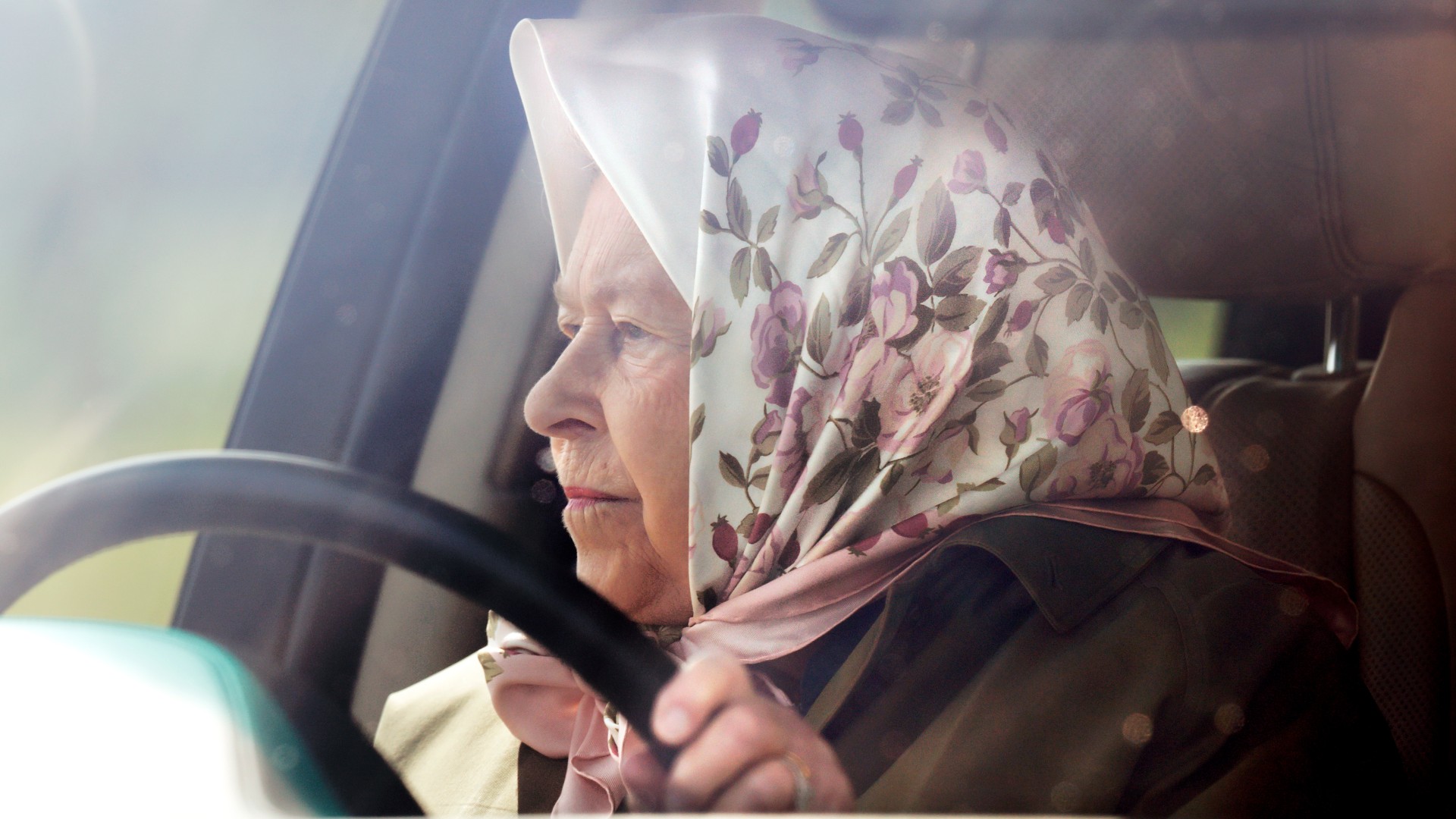
Bizarrely, the monarch doesn’t actually need either a passport or a driving license to travel around and out of the UK, and the reason is because both of these official documents are actually issued in the monarch's name. That means that Queen Elizabeth II, and now, King Charles, was able to travel freely overseas without a passport, and can drive wherever they want without the licenses that are essential for the rest of us.
Interestingly, the monarch doesn’t even need to pass a driving test to be allowed to drive on roads! Other members of the royal family however do need both a passport to travel outside of the UK and a driving license to drive a car – as well as a certificate of a passed test.
Prince Philip and Queen Elizabeth II were actually related
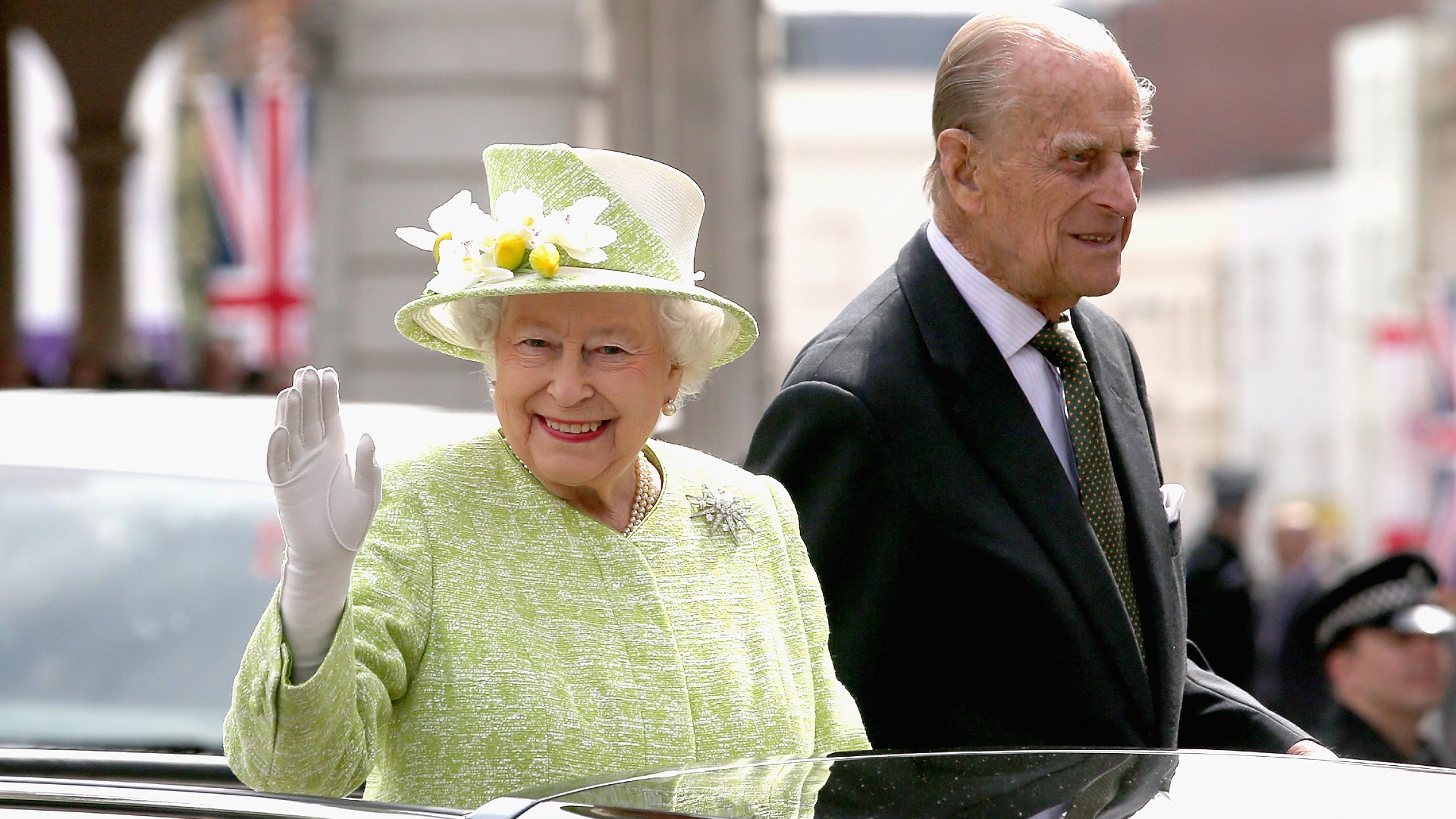
One of the strangest things about long-lasting royal couple Queen Elizabeth II and her husband of 70 years, Prince Philip, was that they were actually third cousins.
Both were born into royal families - Elizabeth the British royal family, and Philip the Greek and Danish royal family. These two families are closely linked historically, and both the Duke of Edinburgh and Queen Elizabeth II shared a great-great-grandmother in Queen Victoria. They are also related via King Christian IX of Denmark, who was Elizabeth’s great-great-grandfather, and Philip’s paternal great-grandfather.
To explain the odd familial connection, it's important to remember that both Philip and Elizabeth are from a time when royal families marrying amongst one another was a lot more common. Whilst now the royals are free to marry (almost) anyone, in the early 1900s royal families tended to match up with each other, in order to maintain the pure royal lineage as much as possible.
Royal women must always wear tights
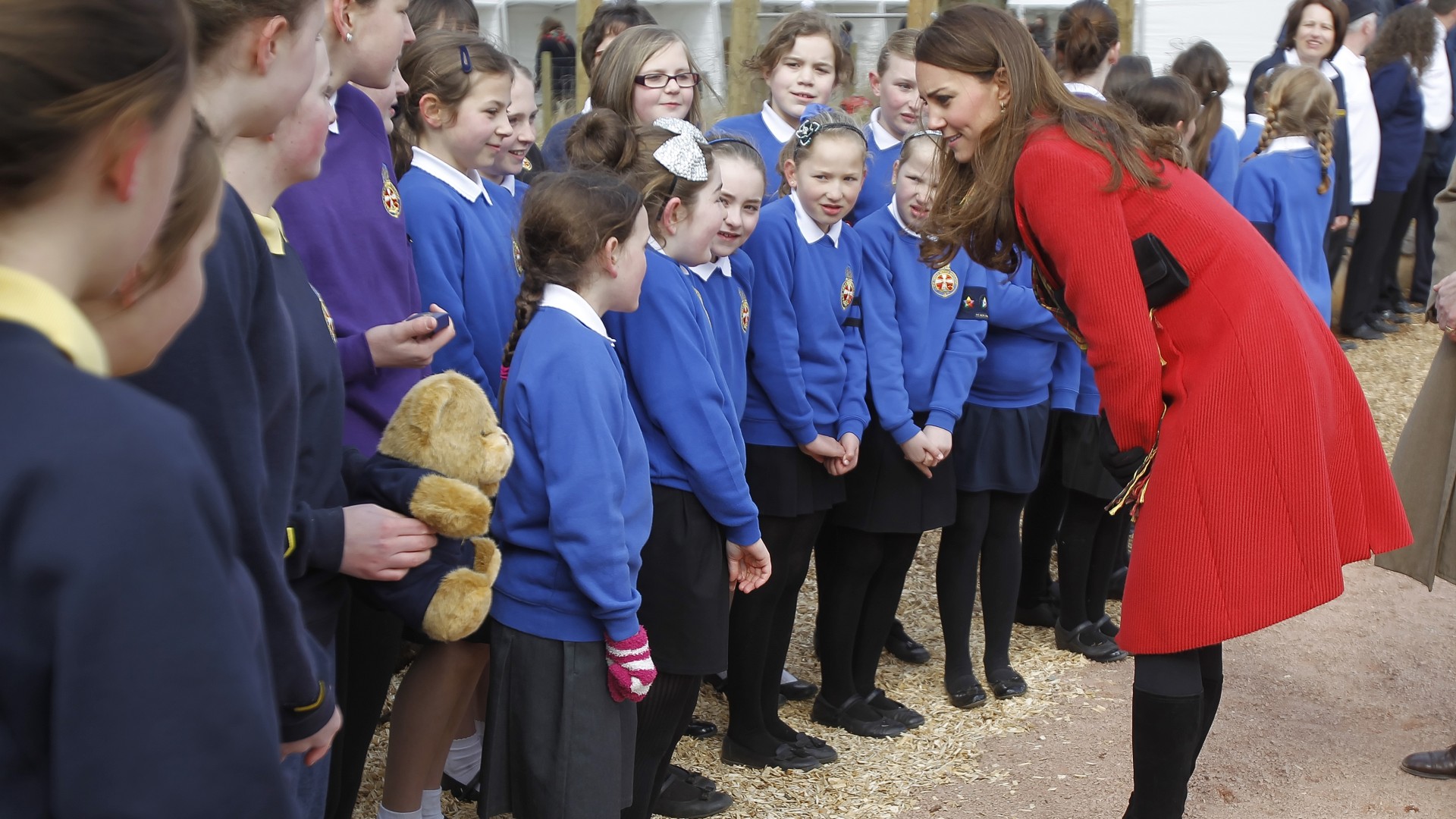
Another strange rule for women is the fact that all royal women are typically expected to wear either nude or black tights when they are out on official engagements as part of their role as an official working member of the family, if they are wearing a skirt or dress.
Though this isn't written down as an official rule, it is the expectation that female royals like Princess Anne and Kate Middleton wear skirts or dresses instead of trousers, presumably to maintain expected standards of royal 'decency', even if it's warm outside.
Wearing tights was a common practice by Queen Elizabeth II, so it's likely that the royal women in the family are simply following her lead.
The family aren’t allowed to eat shellfish
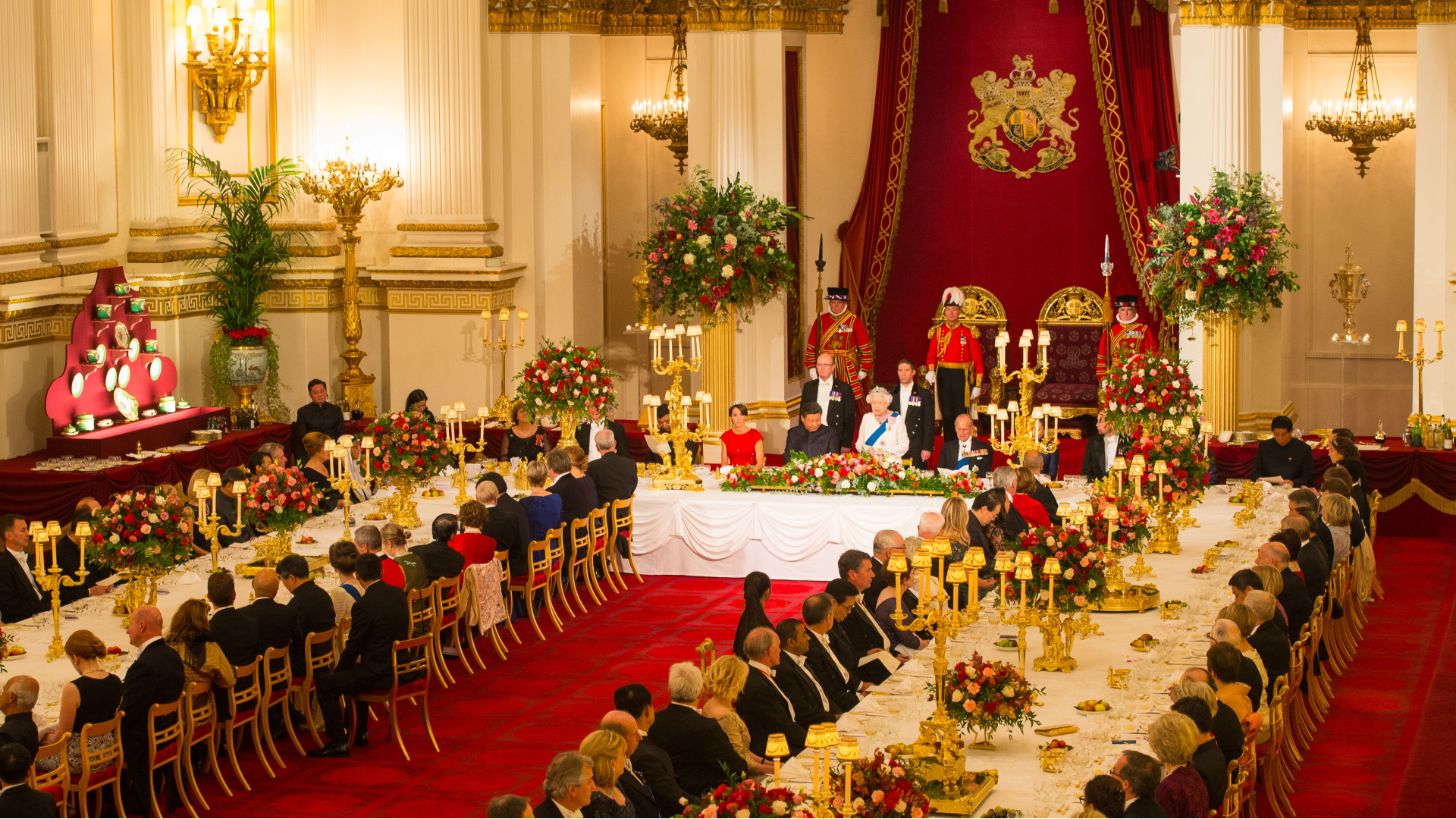
This isn’t strictly a rule, but a weird guideline that the royals are asked to follow whilst out and about on royal engagements or royal trips abroad, is to avoid eating shellfish; be it mussels, clams or prawns.
This ‘rule’ was reportedly put in place in order to avoid the risk of any royal contracting food poisoning while they’ve got official business to conduct - which actually makes a fair bit of sense. However, it's still slightly odd to dictate what people eat!
The Queen was regularly woken up by bagpipes
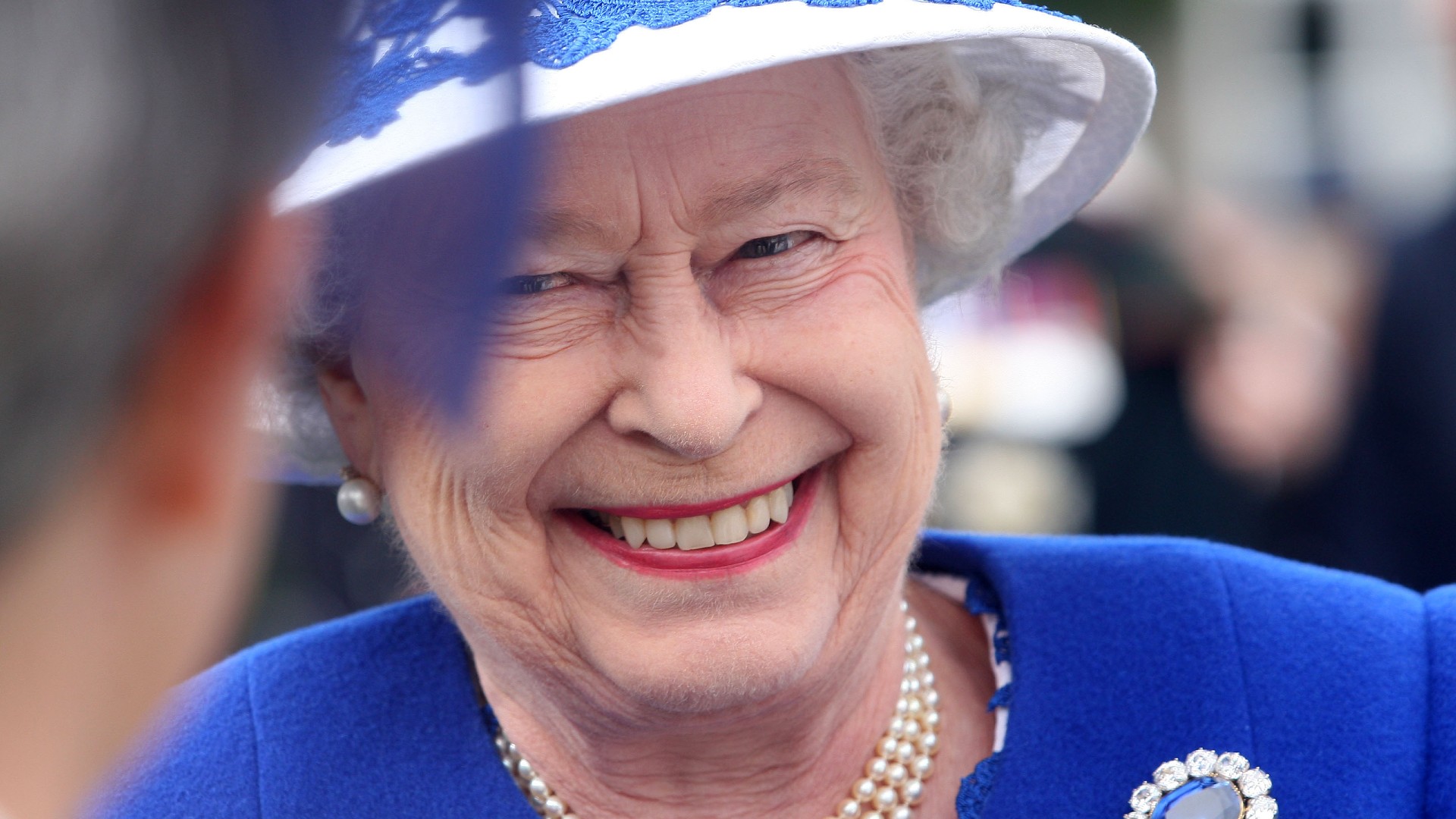
When the Queen spent her time at Balmoral Castle in Scotland, she was often woken up to the sound of bagpipes, played by her official ‘Piper to the Sovereign’.
Reportedly, he would play every day at her window from 9am, for around 15 minutes in order to start the monarch's day with music. He is said to have played a different song every time, as the Queen didn’t like too many repeats. Touchingly, the Piper to the Sovereign actually also played at the Queen’s funeral, opting for the lament, ‘Sleep, dearie, sleep’, which was played towards the end of the service at Westminster Abbey.
The monarch owns most of the UK’s swans
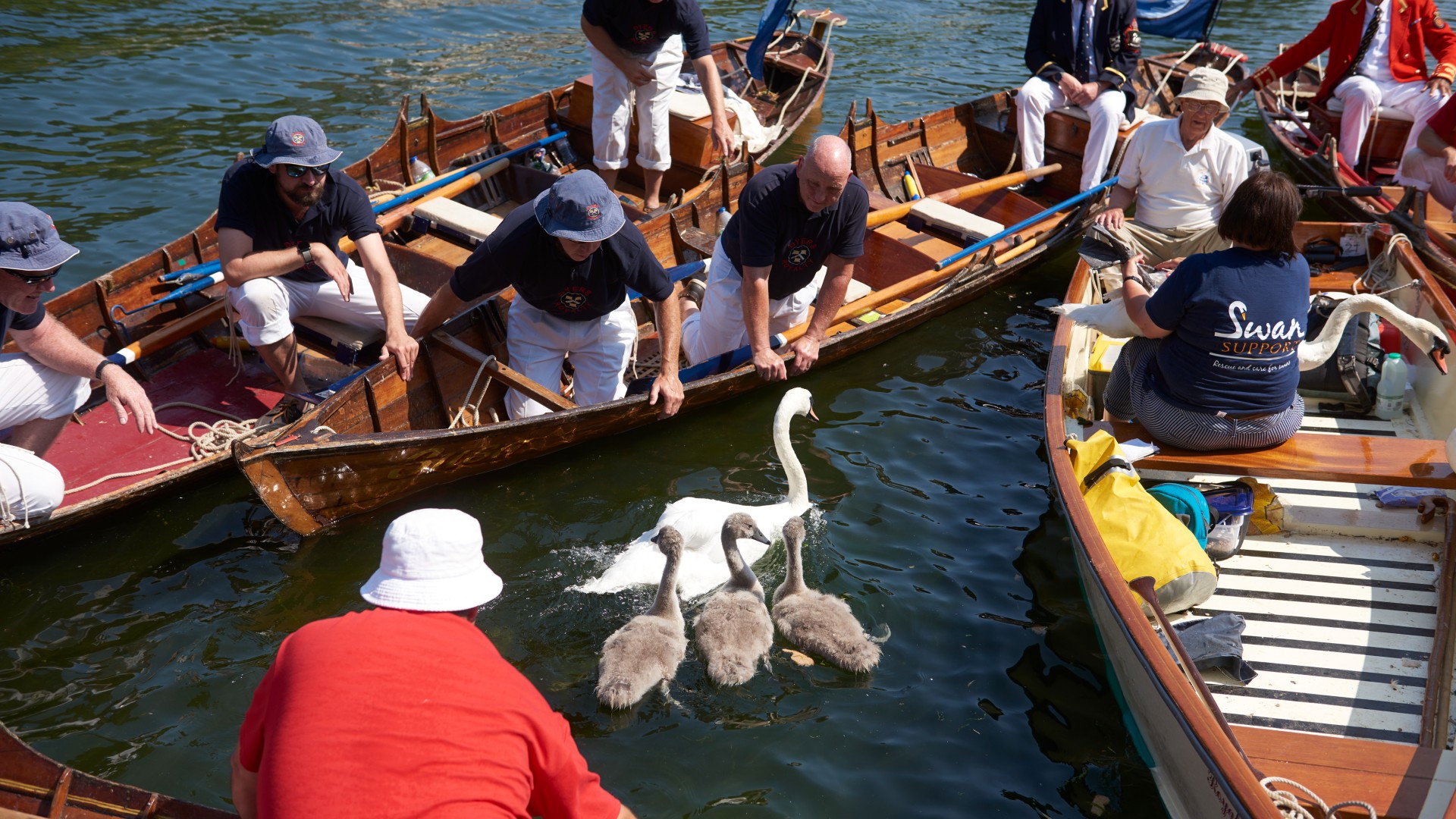
Yes, you heard that right. The UK monarch actually owns a decent portion of all the UK swans, in an odd law dating back decades.
The rule was laid down when swans were considered to be a delicacy to kill and eat. Of course, that is now not the case, and instead, the King’s Swan Marker now officially acts to look after and conserve the swans in UK waters and their habitats, as well as educate people on their welfare.
There’s even an annual ‘Swan upping’, in which a census of all the swans is taken, and those that don’t belong to The Vintners or the Dyers livery companies belong to King Charles III, officially.
Monopoly is banned in the royal family
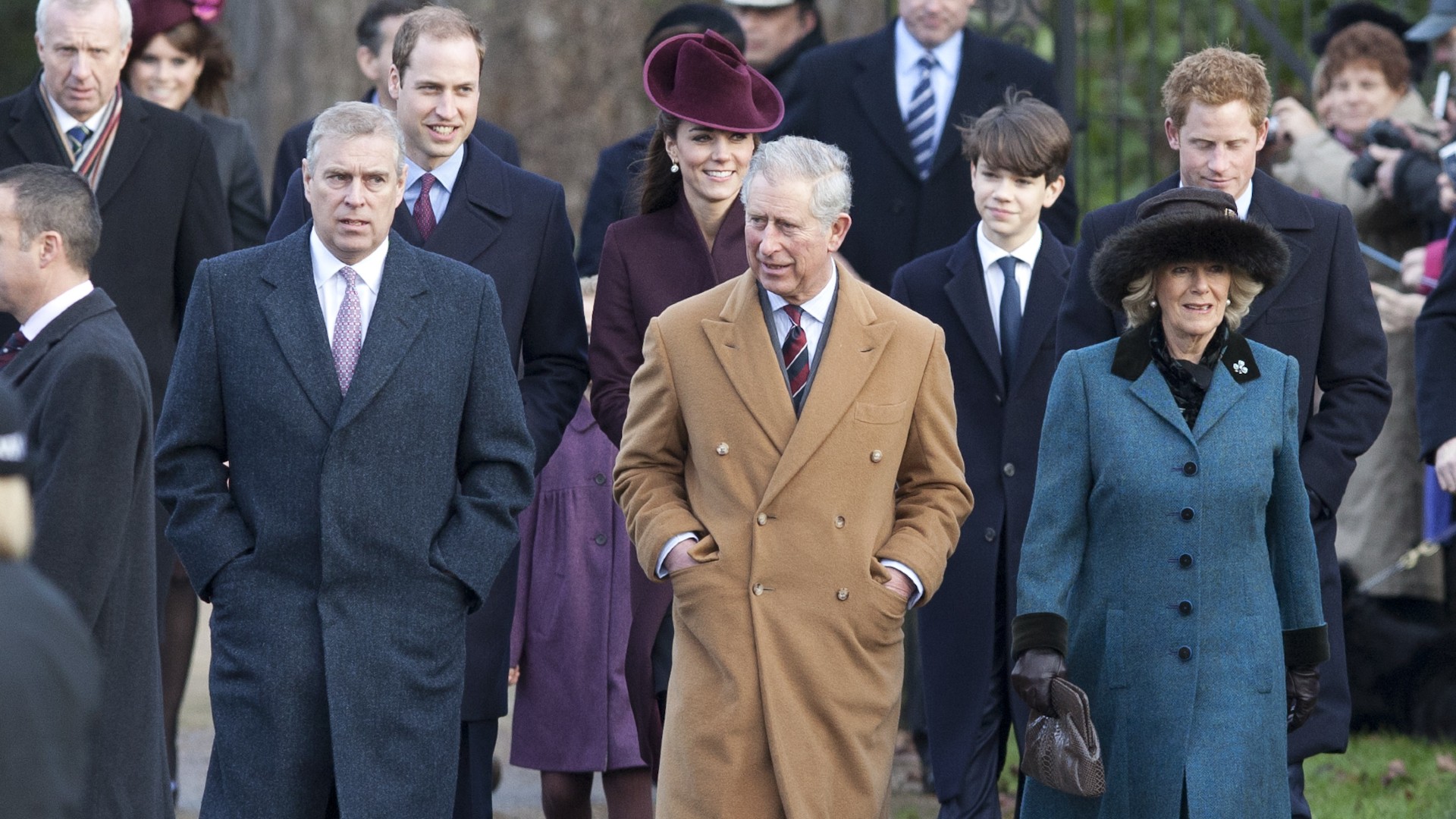
Perhaps not as weird as it is funny, but for the royals, Monopoly is a game that is out of bounds for the family, as it can get ‘too vicious’, according to one person.
The Telegraph reported that during a royal visit years ago, Prince Andrew was offered the gift of Monopoly to take home with him from a well-wisher. It is however reported that he responded, 'we are not allowed to play Monopoly at home,” and that it causes arguments as 'it gets too vicious'. Oh dear!
However, the royal family do still make sure to play some other classic games when they come together; charades was said to be a favourite of the Queen's.
King Charles gets his shoelaces ironed for him
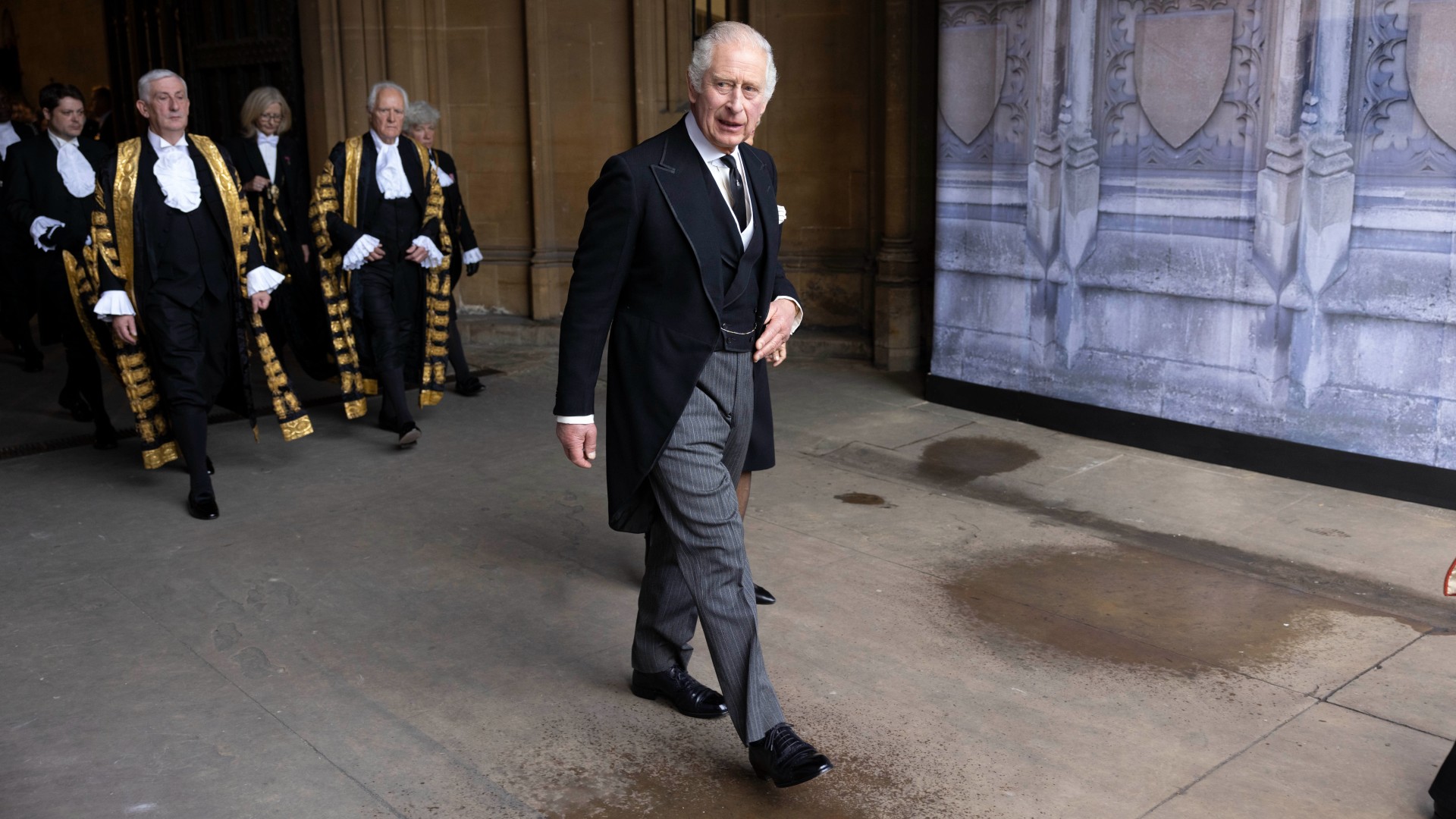
The royals inevitably want to look polished and presentable at all time, given how many eyes are on them constantly. But King Charles is said to employ a rather odd means of looking his best every morning, by getting a member of his staff to iron his shoelaces every day - yes, really.
In a 2018 Amazon Prime documentary, 'Serving the Royals: Inside the Firm', Princess Diana’s former butler Paul Burrell claimed that King Charles gets an assortment of tasks done for him every morning.
"His pyjamas are pressed every morning, his shoelaces are pressed flat with an iron, the bath plug has to be in a certain position and the water temperature has to be just tepid," he revealed.
Charles and Diana's families were close growing up
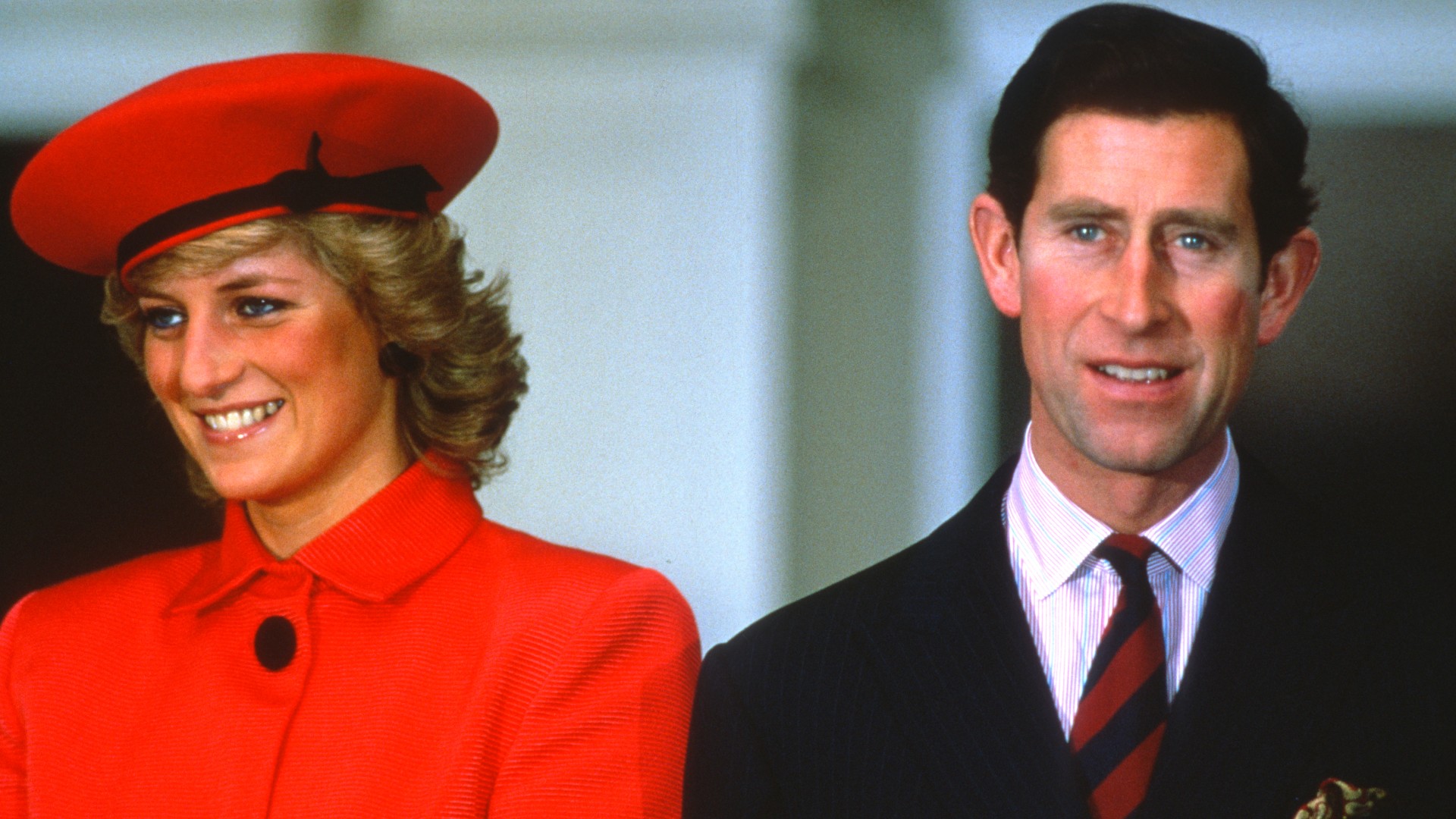
What you may not know about Charles and Diana is that their families actually grew up very close by to one another.
Diana and the Spencer family grew up largely in Park House, a property on the Sandringham Estate. In fact, her father leased the home from the Crown itself, as the Spencers were close family friends with the Windsor-Mountbatten's. In fact, Diana’s childhood home is less than a mile from Sandringham House, where the royals famously spend the Christmas period.
Diana actually spent a lot of time with the royals growing up, but not necessarily with her future husband-to-be. It’s said that she, Prince Andrew and Prince Edward (who were closer in age to Diana) spent lots of time playing outside together in the Park House pool.
Not all monarchs use their real names
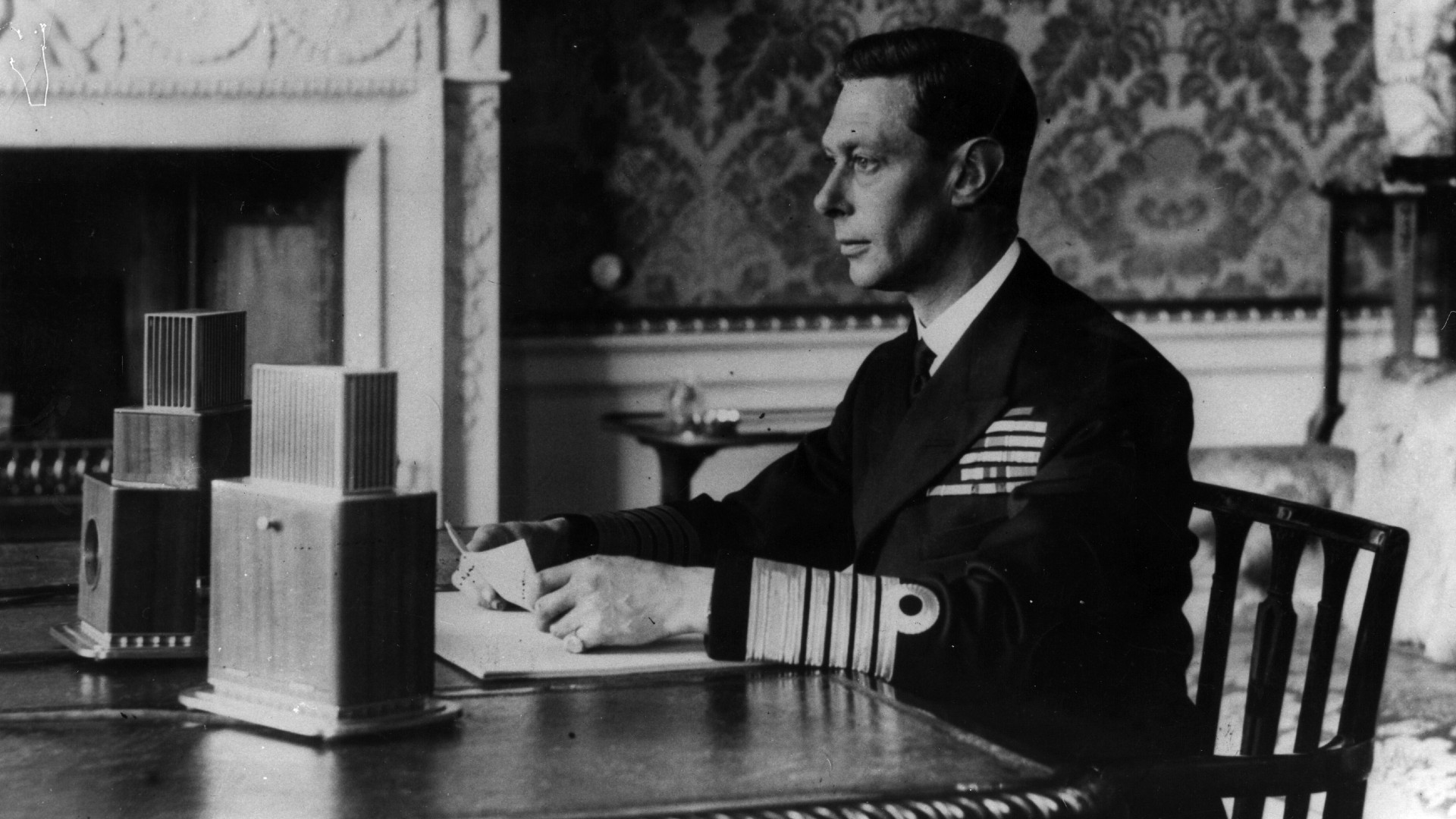
It's interesting to note that not all monarchs use their birth-given names when they ascend to the throne.
Though it is most common for every new King and Queen to use the name they have used their whole lives, a couple of monarchs throughout history have actually chosen a different regnal name from the one they were given at birth.
One example is King George VI, Queen Elizabeth's father. He was born Albert Frederick Arthur George, but ascended to the throne as King George. Queen Victoria, who was actually born Alexandrina Victoria, also took to the throne using her middle name – it’s believed, simply because she preferred this name instead.
Buckingham Palace’s guards are actually allowed to use force
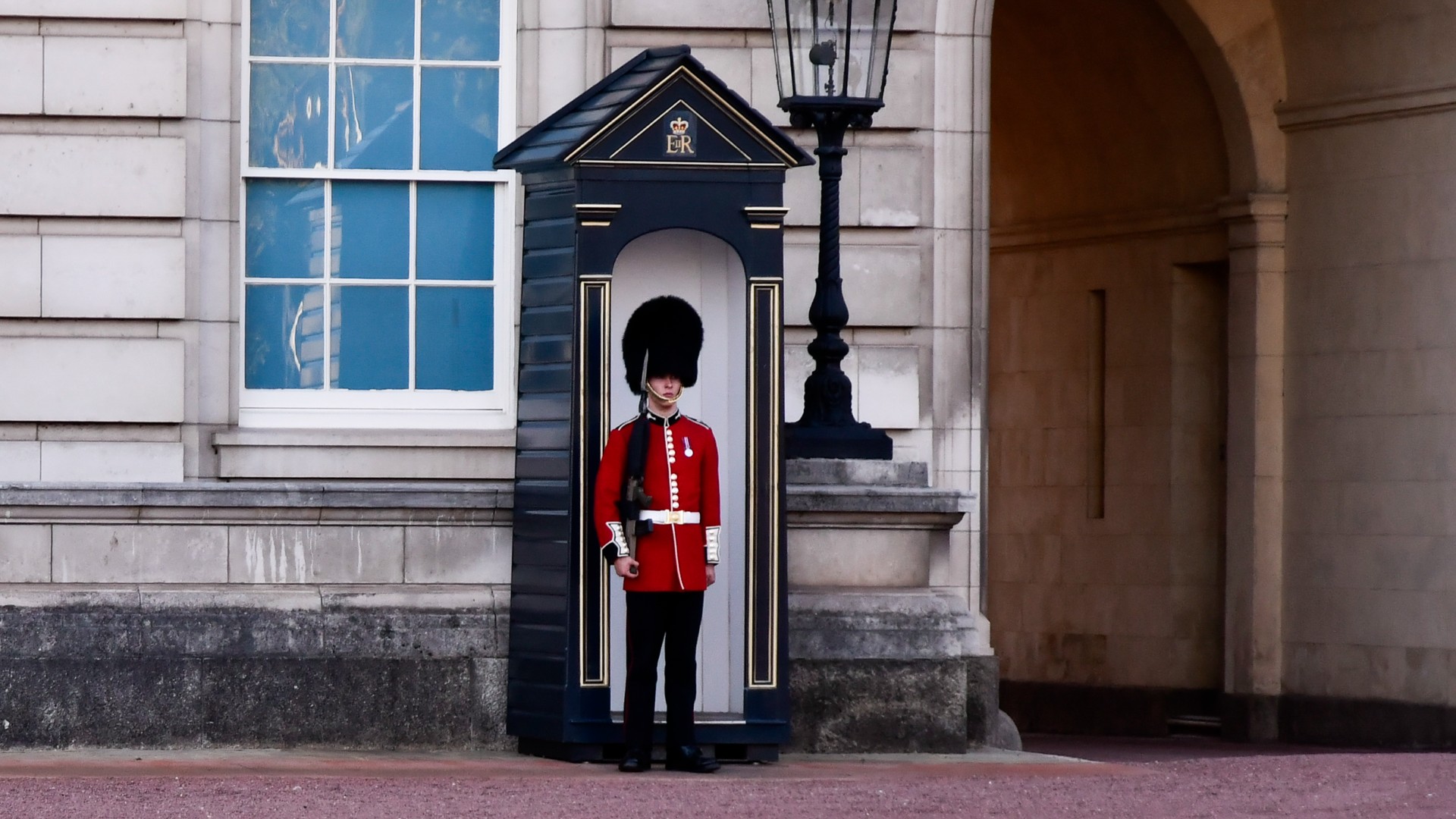
The guards surrounding Buckingham Palace in London are actually legally allowed to use force to protect the palace and anyone in it from trespassers, despite the fact that they are often seen as a popular tourist attraction!
The King’s Guard, as they are named, are stationed outside Buckingham Palace at all hours of the day, and can act accordingly if someone threatens to try to enter the palace, or becomes a nuisance. If someone is bothering them, they are permitted to stamp their foot and stand to attention, before shouting, "Stand back from the King’s guard!"
If this doesn’t work, they are allowed to repeat this process to attempt to deter people. However, if the nuisance persists, they are then permitted to point their rifle at the source of the disruption, before detaining the person themselves or pressing a button in their box to call for back-up. Scary!
The royals opted to change their surname
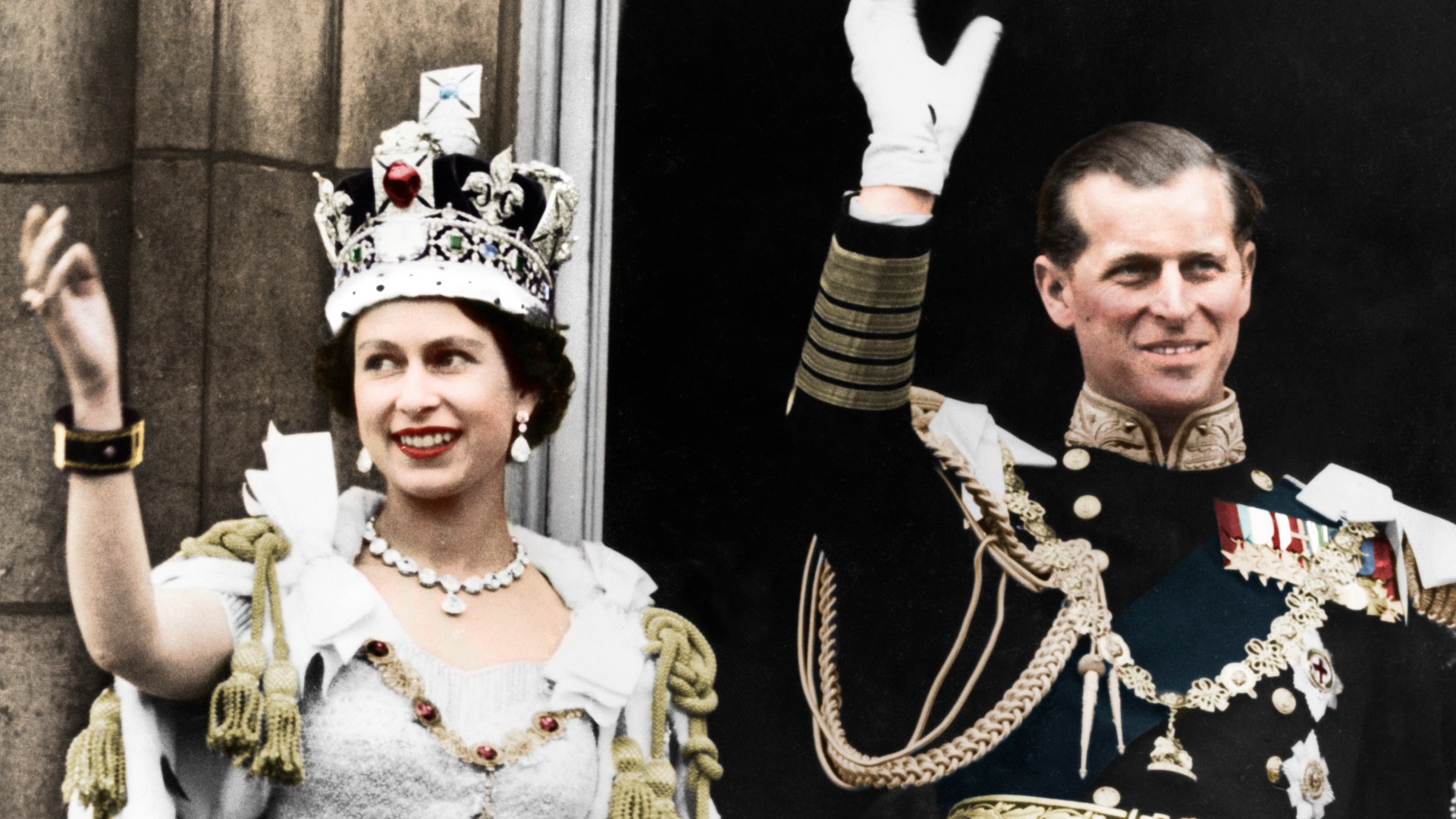
The royal family as we know them now didn't always have the surname Windsor, or Windsor-Mountbatten. In 1917, King George VI, Queen Elizabeth’s father, actually officially changed their surname from what it was originally; Saxe-Coburg and Gotha.
The King changed the surname towards the end of the First World War, in order to distance the family from the anti-German sentiment that was rampant at the time. He arguably landed on a name that was considered to be more ‘British’; choosing Windsor because of the family’s primary residence, Windsor Castle.
The Saxe-Coburg and Gotha royal house dates back to 1826 when it was founded, and has its roots in both Belgium and Germany. Prince Albert (of the Saxe-Coburg and Gotha house) and his marriage to British monarch Queen Victoria in 1840 is the root of the current family’s British heritage.
Queen Elizabeth had a very specific bathing ritual
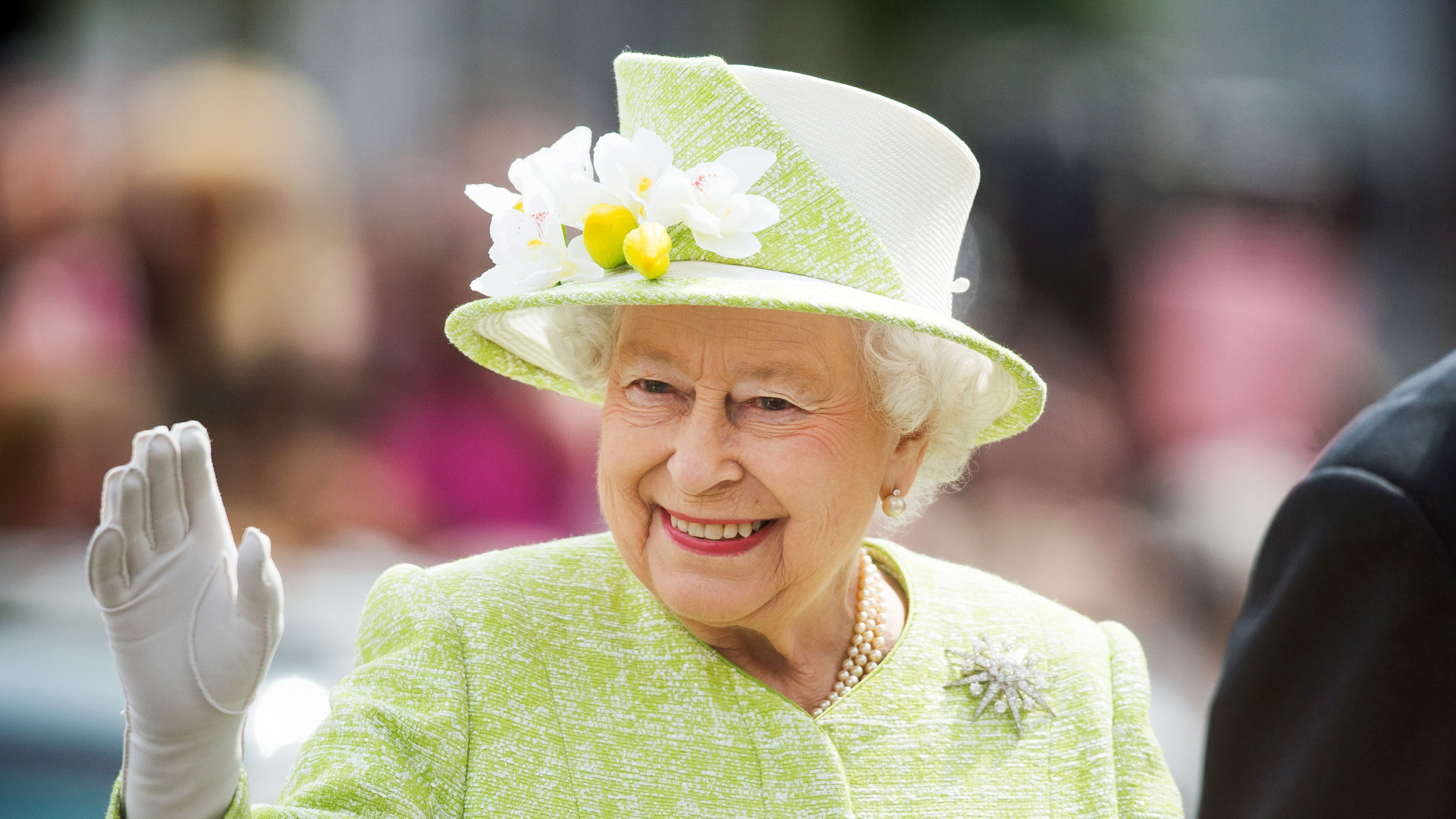
The royals are known to be specific about how they like things, and that much was certainly true for the late Queen Elizabeth II. The Queen was actually said to hate showers, preferring baths; and she had a slightly bizarre and very specific bathing ritual she indulged in daily.
According to royal author Brian Hoey, the Queen woke up for a 7.30am bath everyday, and it had to be a specific temperature and depth.
"While Her Majesty is enjoying her first cup of tea, her maid will go into the adjoining bathroom to draw the bath, which has to be exactly the right temperature: tested with a wooden-cased thermometer, and no more than seven inches of water," he describes.
After this, the Queen would then have help getting dressed by her royal dresser Angela Kelly, before breakfast at 8.30am sharp.
The royals all have secret UK bridge code names
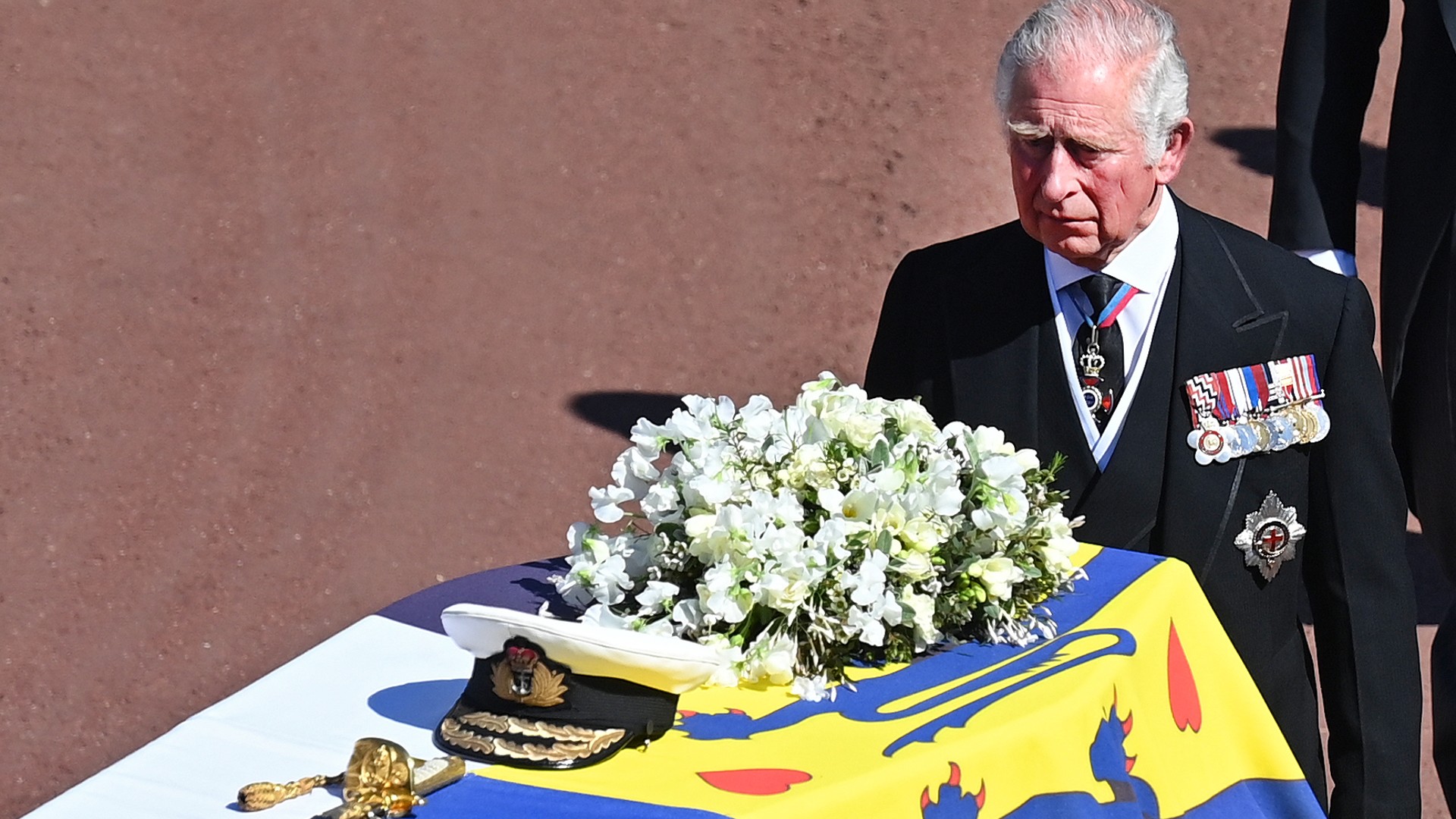
Code name would be strange in any other family, but we suppose they make a lot of sense for the royals, who are known the world over. One of the most interesting facts about the family is that every senior member has been given a code name of a UK bridge. This code name is to be used in the instance of their death, in order to avoid the news leaking before all important parties are officially informed.
Queen Elizabeth II, for example, was London Bridge. When she passed, royal household staff shared the news by using the phrase, ‘London Bridge is down’. Prince Philip was also Operation Forth Bridge, a bridge in Edinburgh, and it is believed that King Charles’s code name is ‘Menai Bridge’, a bridge in Wales –presumably referencing his 70 years as Prince of Wales.
It’s not clear if Prince William and his family have code names; but we’re sure the royal household is keeping these pretty tight-lipped.
Some royals travel with a vial of blood
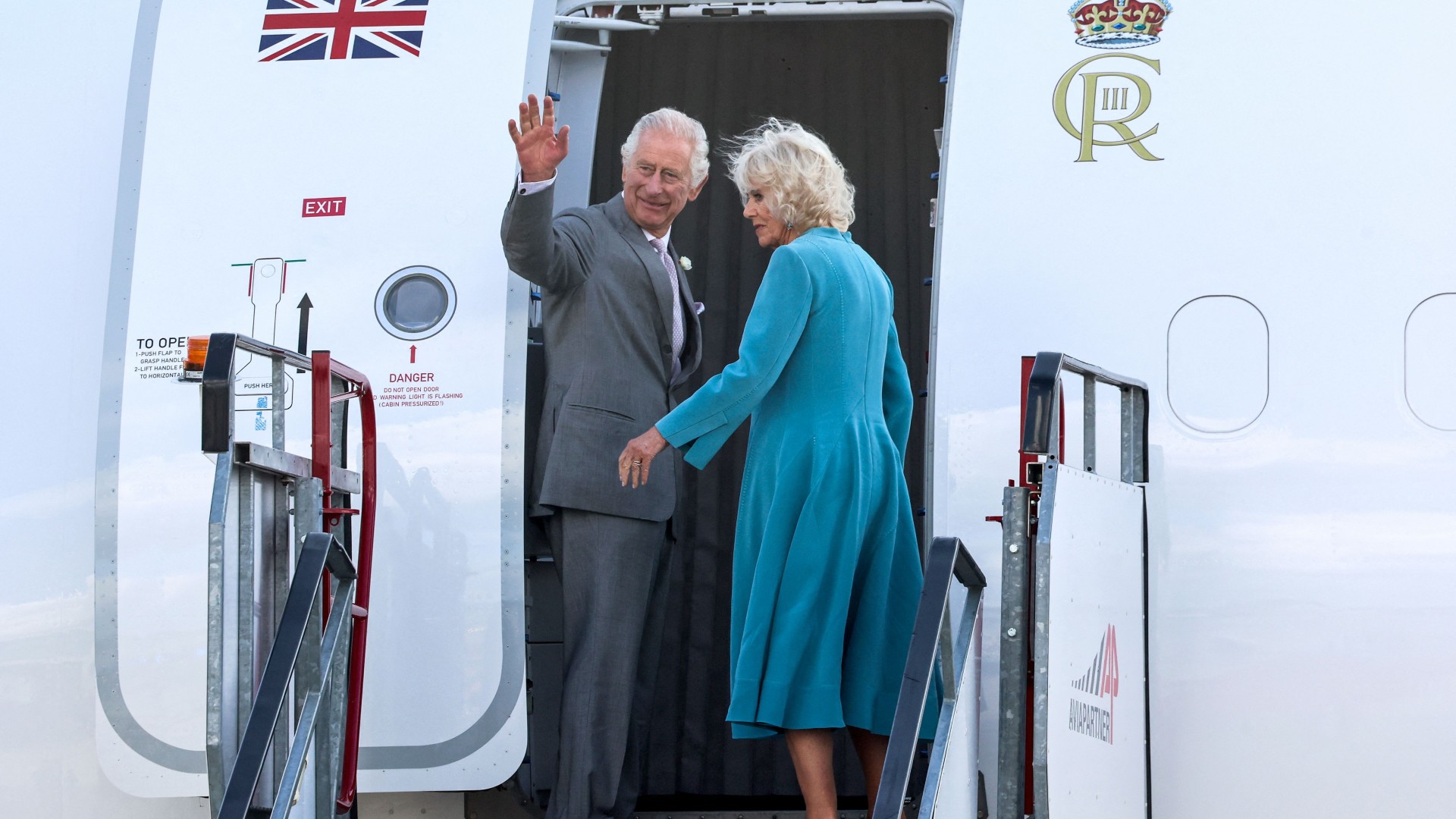
Yes, you heard that right. According to Dickie Arbiter, royal correspondent and former press secretary to the Queen herself, many senior members of the royal family, including the Queen and Prince Philip at the time, travel with a vial of their own blood in tow.
During a podcast episode with Hello magazine, he explained that this rule is in place in case there is a medical emergency. Dickie says, "You’ve got to make sure that you’re covered in every eventuality.” He then explained that the blood is there “for the case there was a blood transfusion [needed]. There’s never really a guarantee that you’re going to get the right type of blood at your destination. So you carry it," he said.
Garlic is a big no-no
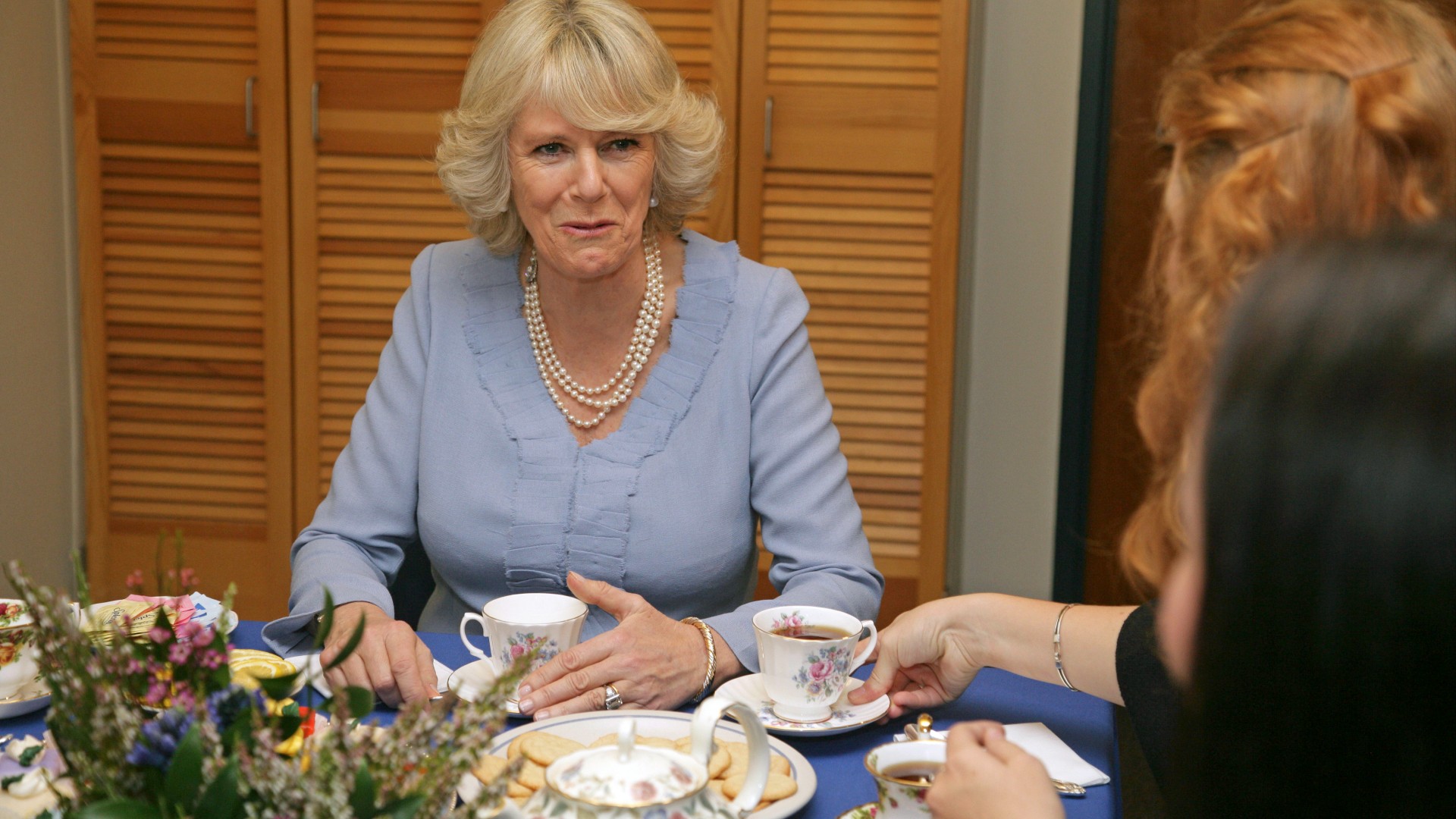
It’s a well-known fact that the royal family are largely banned from eating garlic; but it’s definitely a little weird!
Queen Elizabeth II was known not to be a fan of either garlic or onion, so it was regularly left out of dishes at the royal households and palaces. And in 2018, Queen Camilla confirmed that the former is actually largely banned for royals when they are in the midst of official duties, too.
Appearing on an episode of Australian Masterchef, she confessed, "I hate to say this, but garlic. Garlic is a no-no. When asked by a presenter if the bizarre rule was “because you're talking, chatting," she responded, “yes, exactly. So you always have to lay off the garlic." Actually, this odd rule is pretty considerate...
The royals weigh themselves before and after Christmas dinner
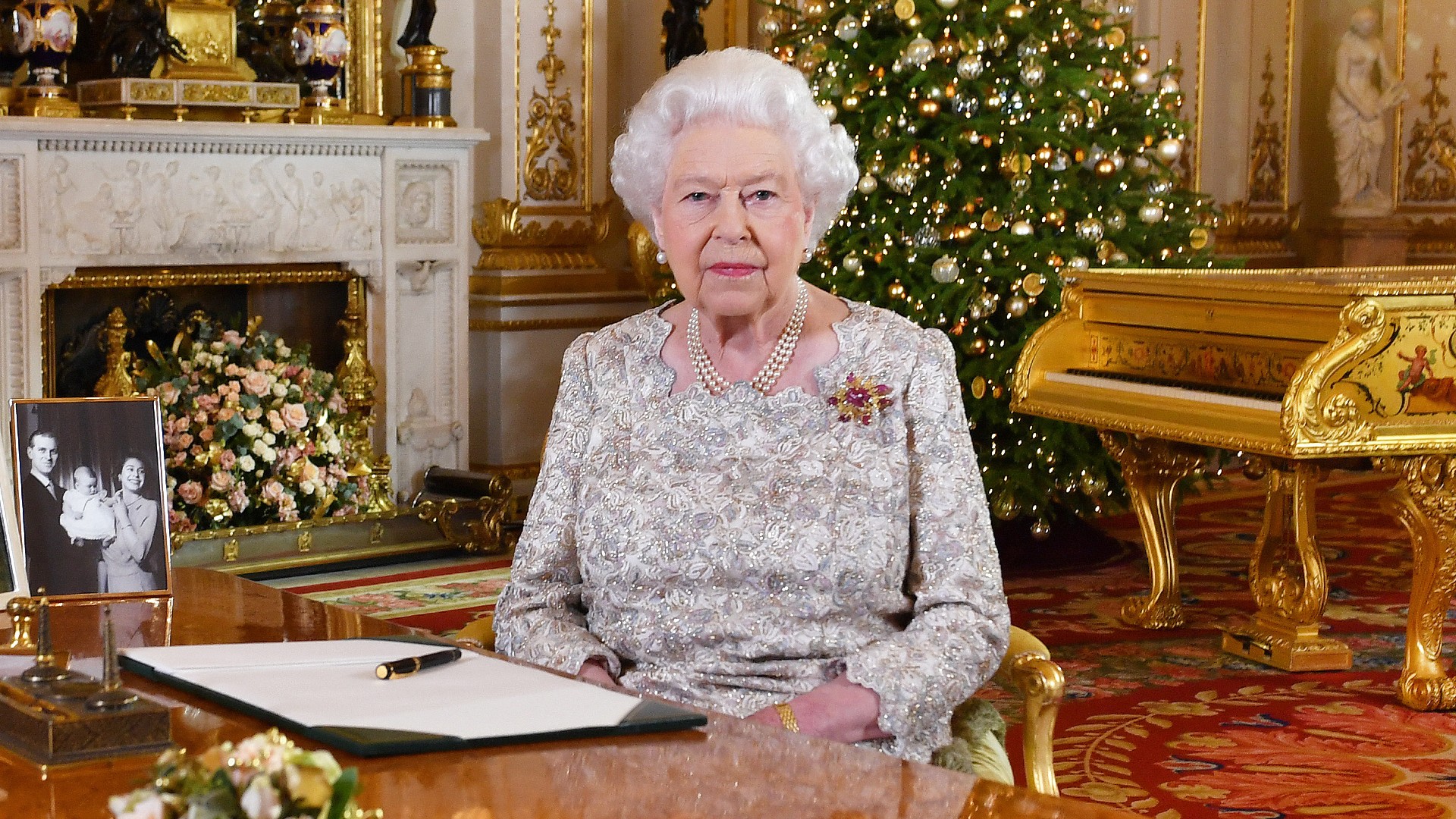
It doesn’t get much weirder than a family weigh-in during the festive period – but this is alleged to be something the royals do every year.
According to reports, there is a bizarre long-standing tradition that the Queen would ask her guests at Sandringham to get on the weighing scales before the classic 25th December Christmas lunch. Then, she would also ask them to do the same after they had finished eating.
The idea was to ensure that everyone had adequately feasted and enjoyed as much food as they wanted. In fact, there are reports that if you had gained weight, it was considered a testament to the delicious feast prepared!
There’s no word yet on whether King Charles has continued this tradition, but we hope not…
The monarch has an official keeper of stamps
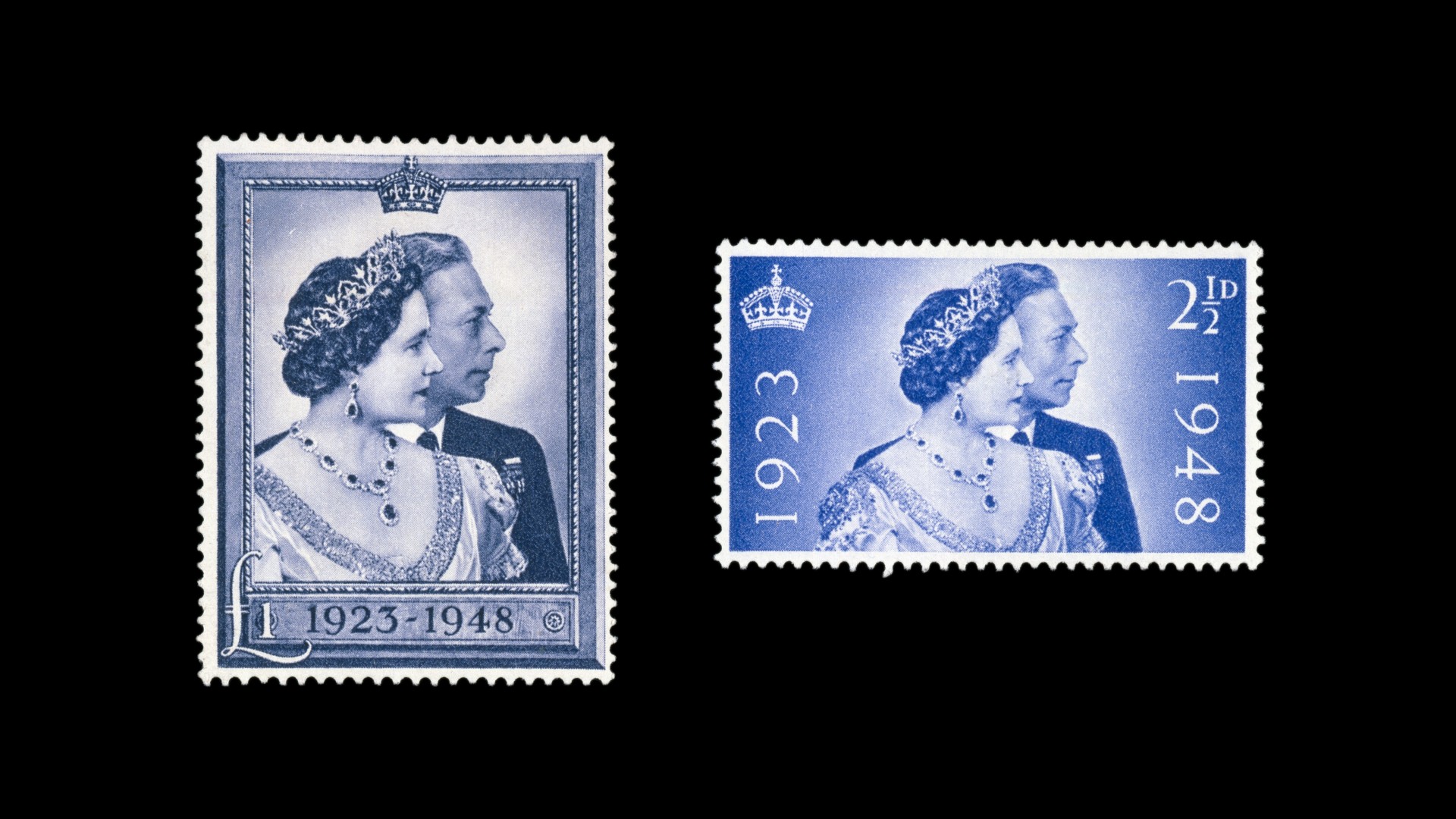
Up until 2019, the monarchy had an official keeper of the stamps to watch over and curate a personal collection of stamps, originally started by Prince Alfred. The collection was later passed down to George V, Queen Elizabeth’s grandfather, so she took a personal interest in preserving it and maintaining it throughout the years, with the help of the keeper of the stamps.
However, there is no official keeper of the stamps anymore, as the entire collection was moved to Buckingham Palace, where it sits largely unattended. It is said that the whole collection is worth around £100 million!
Royals save their wedding cake for years - if not decades
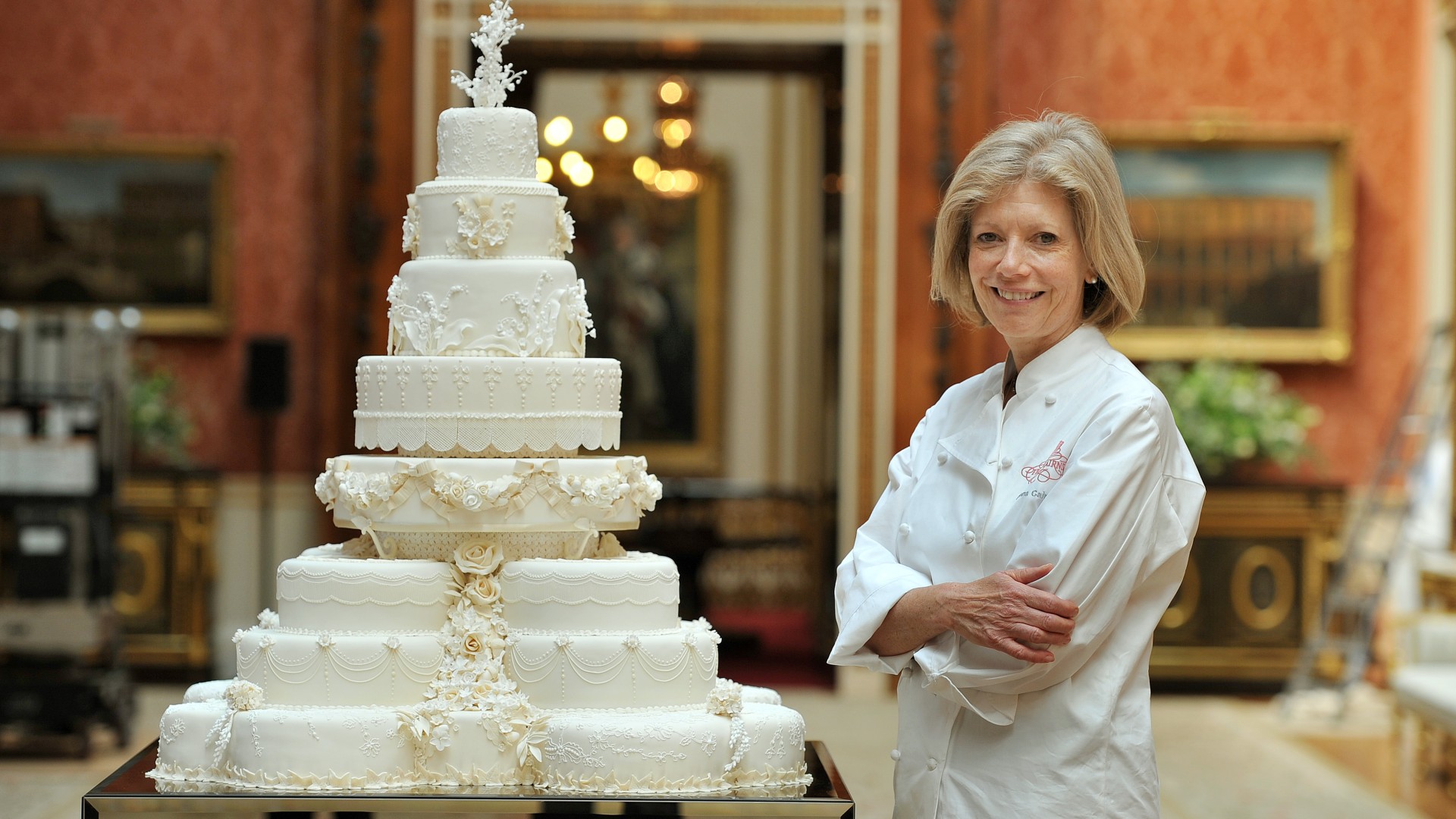
Most families, including the royal family, have their own wedding traditions - but one of the strangest we’ve heard is that royal couples usually save the top layers of their wedding cakes to enjoy years and even decades later.
The idea is that they preserve the top halves of their wedding cakes in the freezer, and defrost them to eat at their future children’s christening.
Fiona Cairns, who baked Catherine and Prince William’s wedding fruitcake, revealed that the top three tiers of their cake were saved and preserved, with the first one eaten at the christening of Prince George in 2013, the second one served to guests at Princess Charlotte’s christening in 2015, and the third layer eaten at Prince Louis’ christening, which took place in 2018.
The Queen had someone to break her shoes in for her
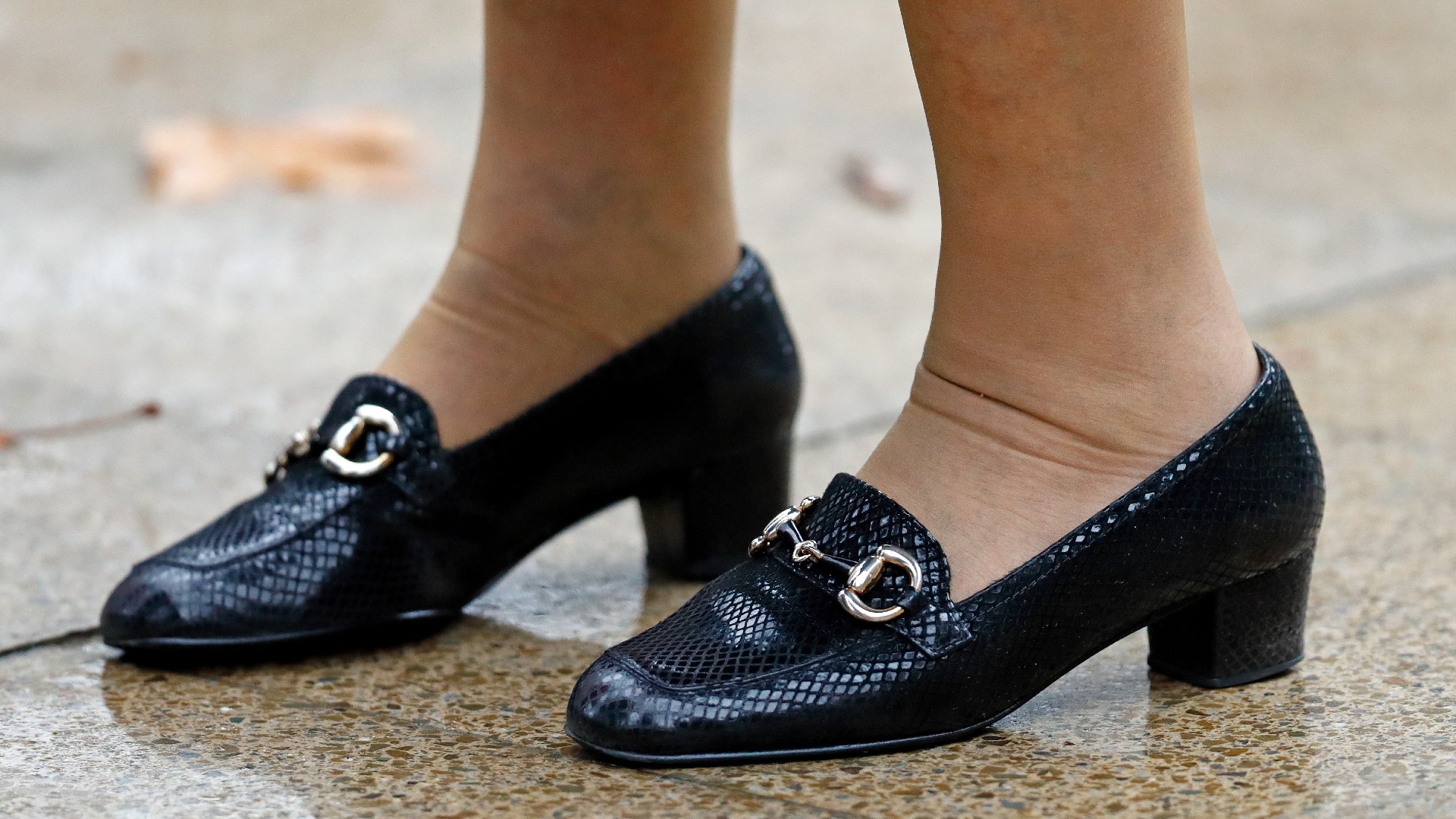
As the Queen of England, Queen Elizabeth II was able to outsource plenty of life's more boring chores. One example is that, bizarrely, the monarch actually had someone to break in uncomfortable shoes for her.
Her much-loved friend and royal dresser, Angela Kelly was the person who did this job for her. Angela confirmed this fact in her 2019 memoir, The Other Side of the Coin: The Queen, the Dresser and the Wardrobe. She explains, "As has been reported a lot in the press, a flunky wears in Her Majesty's shoes to ensure that they are comfortable and that she is always good to go. And yes, I am that flunky."
Explaining the reason for this odd tradition, she continued, "The Queen has very little time to herself and no time to wear in her own shoes, and as we share the same shoe size it makes the most sense this way."
Charles dated Diana’s sister before marrying her
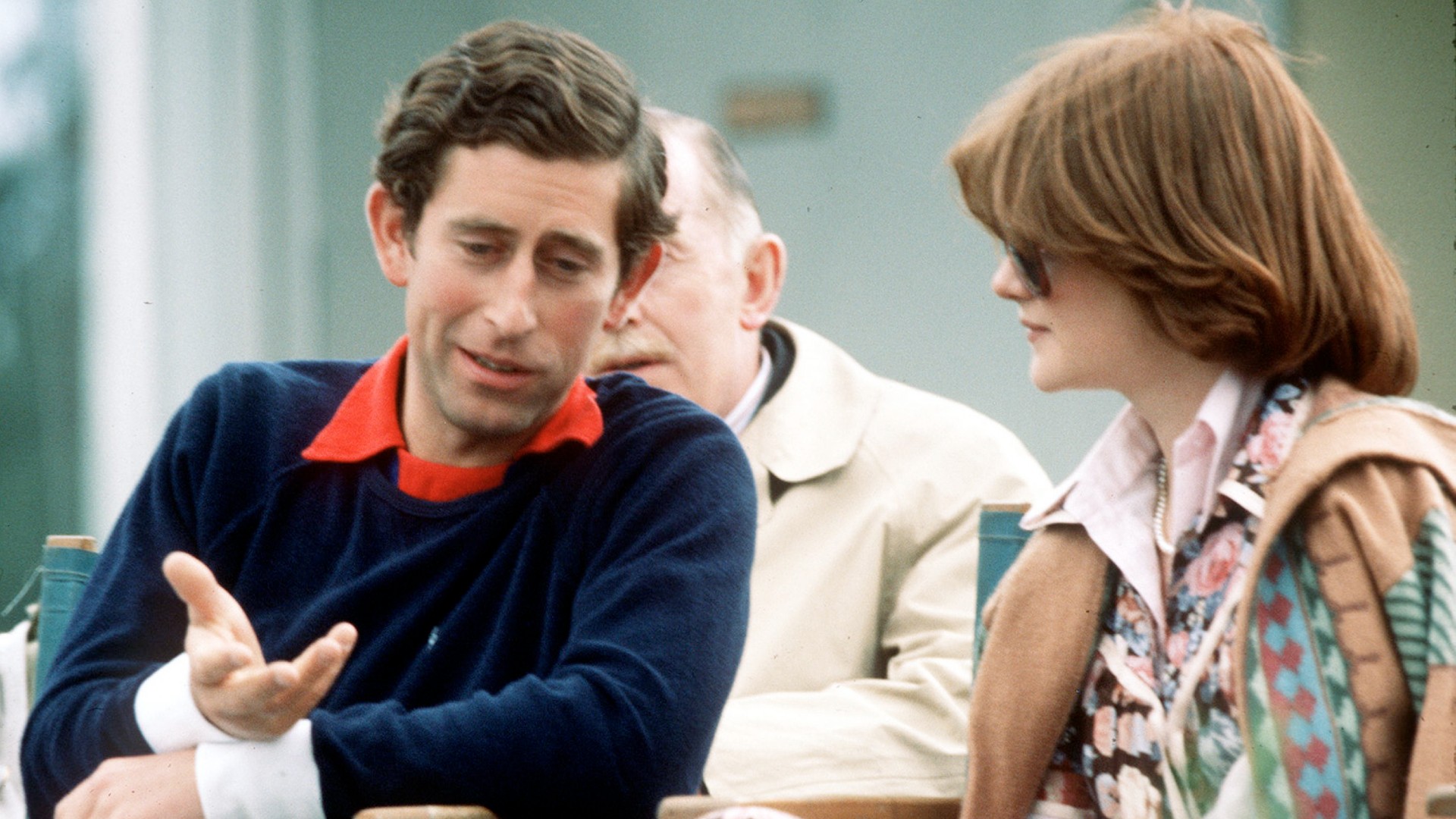
According to reports, Diana’s older sister Sarah Spencer (now Lady Sarah McCorquodale), actually dated the then-Prince Charles first, in 1977, when he was in his late 20s, and she in her early 20s, just a few years before he married Princess Diana.
While the families knew each other, it’s thought that Sarah officially introduced the soon-to-be royal couple at a shooting party at a country house a few years later, where they connected and later became a couple in 1980. The rest, as they say, is history, with the couple marrying in 1981.
There’s a secret ATM at Buckingham Palace
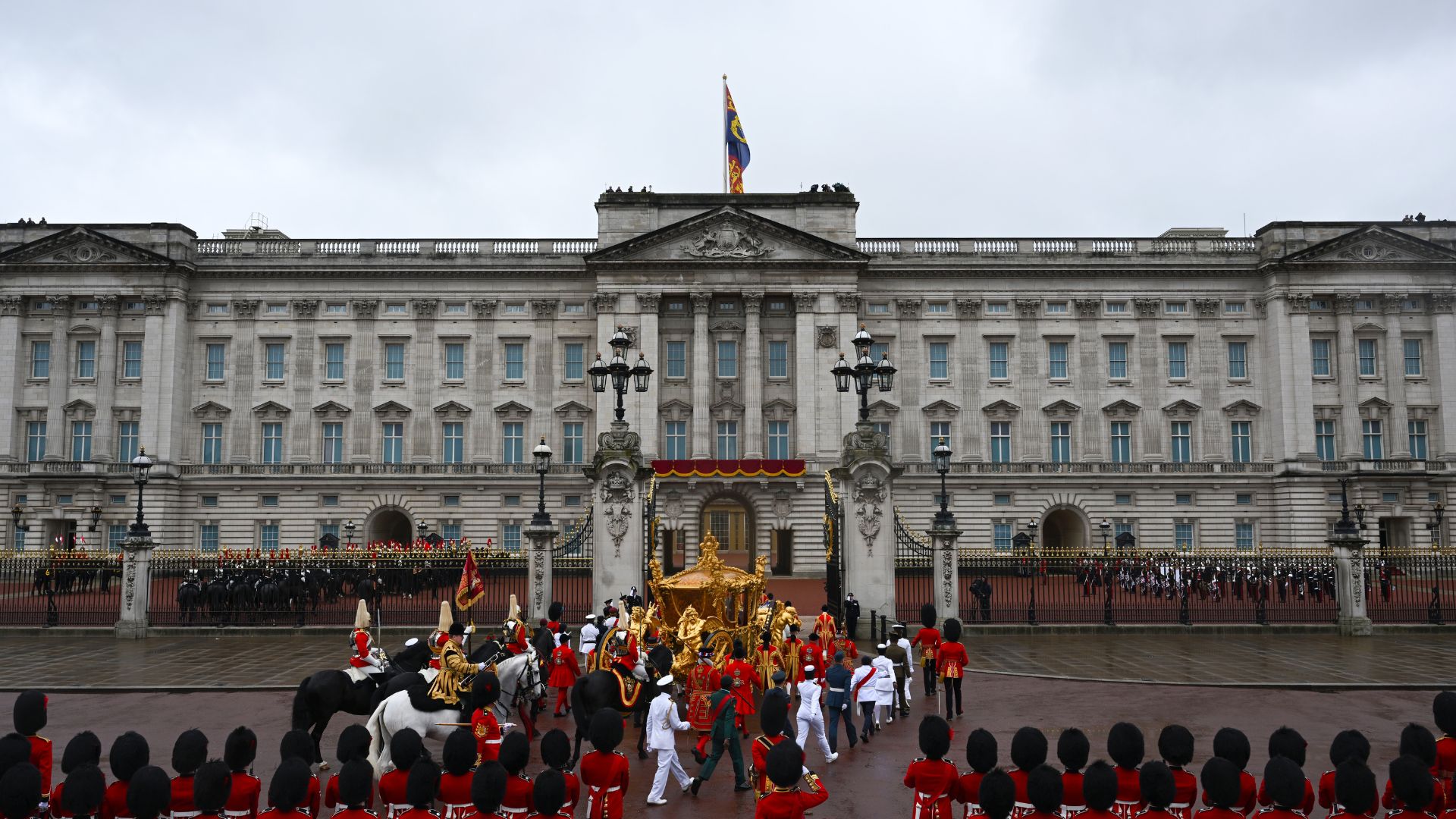
You’re unlikely to ever see a member of the royal family in a bank or at a local ATM on the high street – but if they are ever in need of cash, a Channel 5 documentary, Secrets Of The Royal Palaces, revealed that there is actually an ATM machine in the depths of Buckingham Palace that they can always use.
The revelation was confirmed by the former head of Coutts Bank, Gordon Pell. He explained that Coutts – the royal's fancy bank of choice – installed the ATM in the basement of the palace some years ago, as a way for the royals to access cash, should they need it.
No one outside of the royal family is allowed to use the ATM; though perhaps that isn't surprising, considering you need a minimum of £1 million to hand to open a Coutts bank account.
The royals love a tacky gift
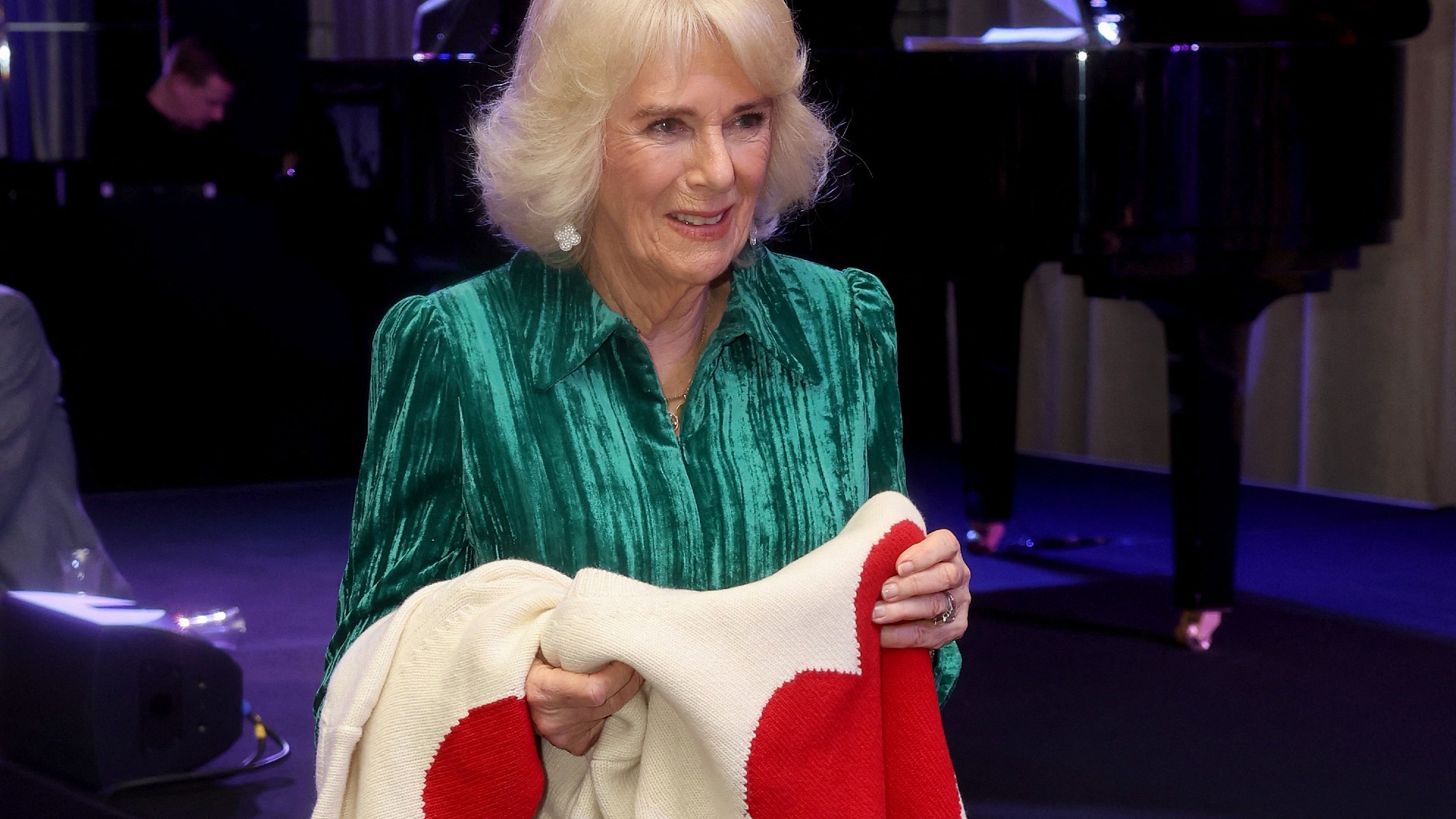
While you might expect royal gifts to and from one another to be as expensive and luxurious as possible, it’s actually quite the opposite – one of the weirdest facts about the royal family is that they prefer buying cheap and tacky gifts for one another for Christmas Day.
It’s reported that the royal family do this in order to try and make one another laugh come Christmas Day. One example of the novelty gifts the family give each other is when Prince William once gave his grandmother the Queen a pair of slippers with her face emblazoned on them; amazing!
Henry VIII had his staff kiss his bed sheets
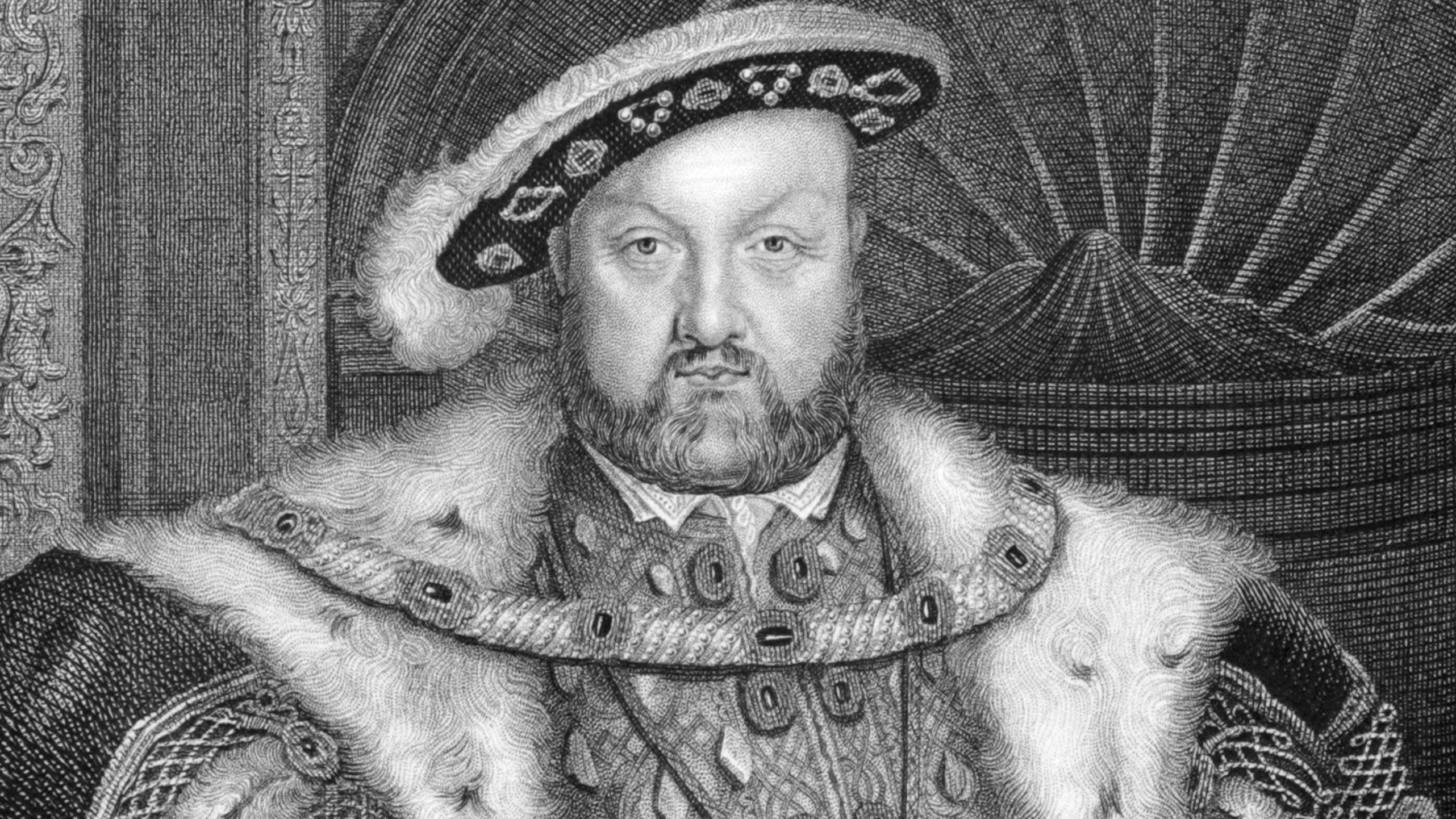
Many of the weirdest facts about the royal family date back years, and perhaps one of the oddest is the fact that King Henry VIII was apparently so paranoid about being poisoned, that he had one of his members of staff kiss every inch of of his bedding before he got into bed every night.
Rumour has it that he had a member of staff make up his bed, before proceeding to kiss his pillows, sheets and blankets, to test that there were no toxins on them that may poison the King and kill him, either on purpose or accidentally.
The Queen used to send signals with her handbag
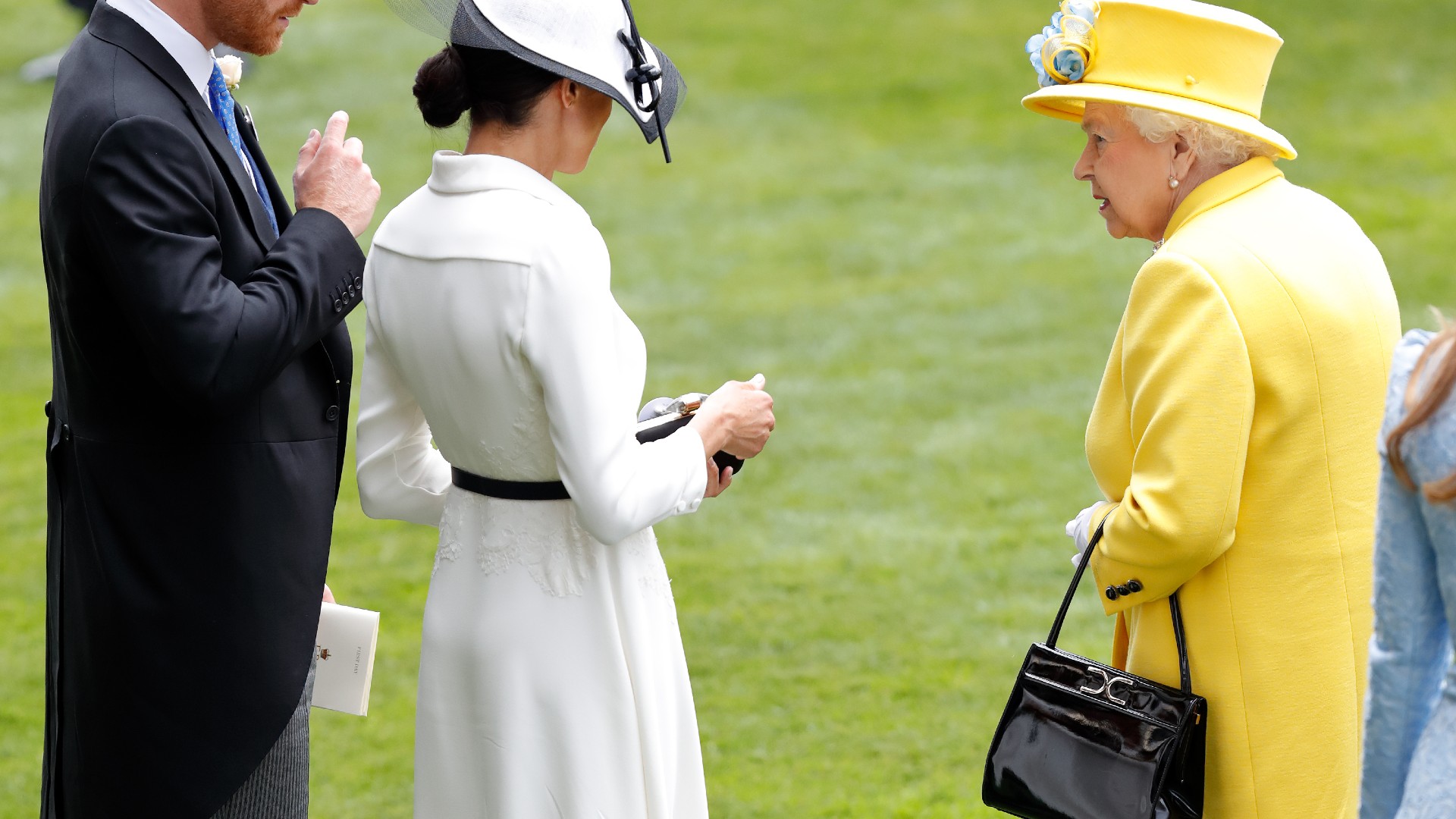
Queen Elizabeth II often used her signature leather handbag to send signals to her staff members when she was out on official royal engagements and wasn’t able to speak with them openly.
According to royal historian Hugo Vickers, the Queen would do things like move her handbag from one arm to the other, to signal that she was finished speaking with someone, and would like her staff to help move the conversation along. He told People magazine, "It would be very worrying if you were talking to the Queen and saw the handbag move from one hand to the other.
Explaining that the end of the conversation wasn’t usually awkward though, he said, "It would be done very nicely. Someone would come along and say, ‘Sir, the Archbishop of Canterbury would very much like to meet you.'"
Royal women often weigh their dresses down
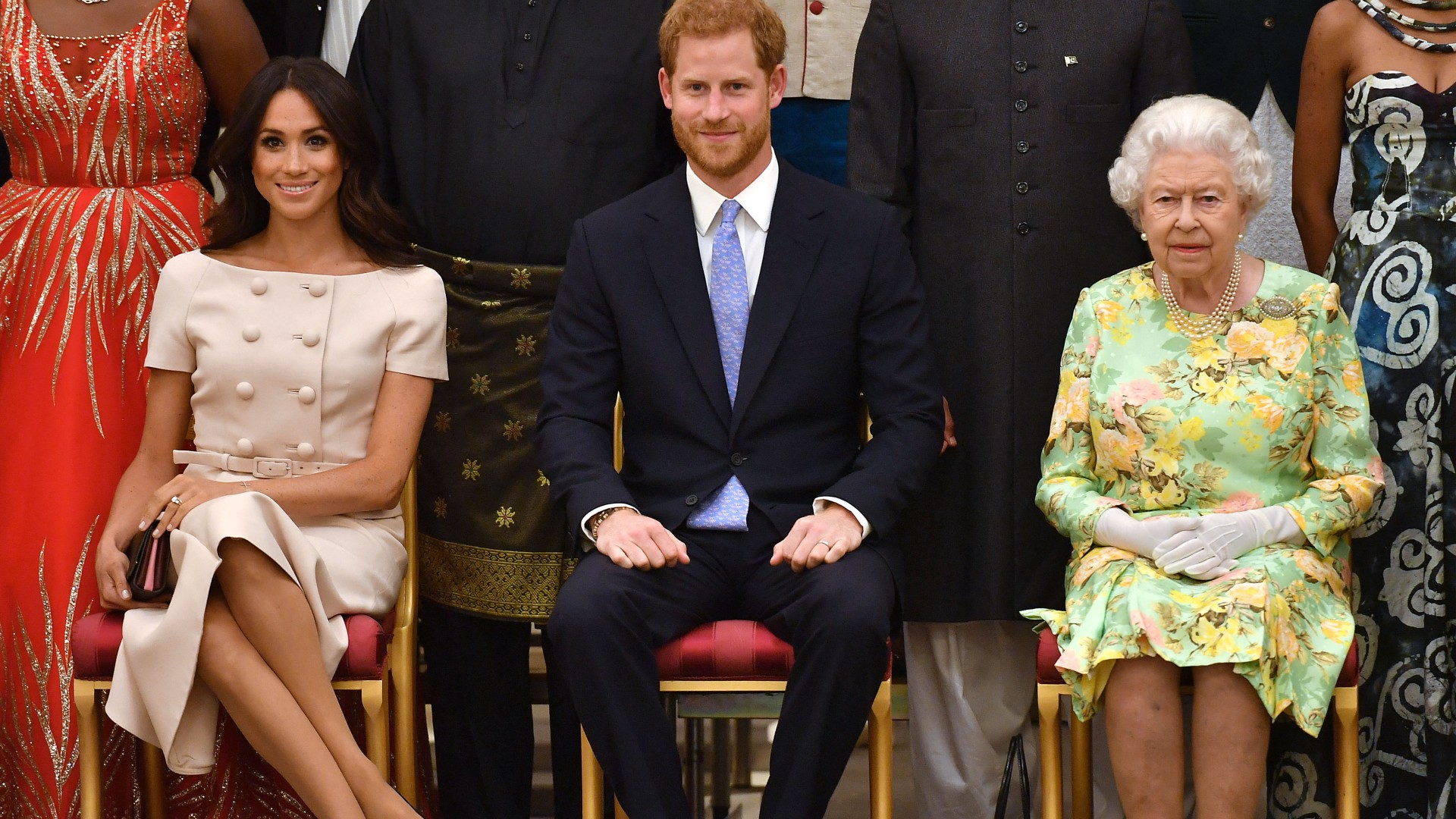
Being a royal means acting with the utmost sophistication at all times, and one way the royals guarantee this, is to do what they can to avoid any awkward wardrobe malfunctions.
According to reports, the weird (but genius) hack the royals use to stop their dresses or skirts from flying up in the wind is to add weights to the hems. Clever! Designer Steward Parvin, who has created outfits for the Queen and other royals, told the Daily Mail in 2018 that he uses curtain weights to help the royals stay appropriate at all times.
He confessed, "I use curtain weights, lead weights, from Peter Jones’s curtain department. We call them penny weights." Of the Queen, he said, “I just pop a couple into the hemline of her dresses and coats and it makes them hang beautifully. If there is a flap in the coat then I will sew in one on each side of the split to even it up.”
So not only does it work for maintaining the royal's modesty, but it also helps the outfit to sit properly too!
Two of the Queen’s cousins were hidden from public life
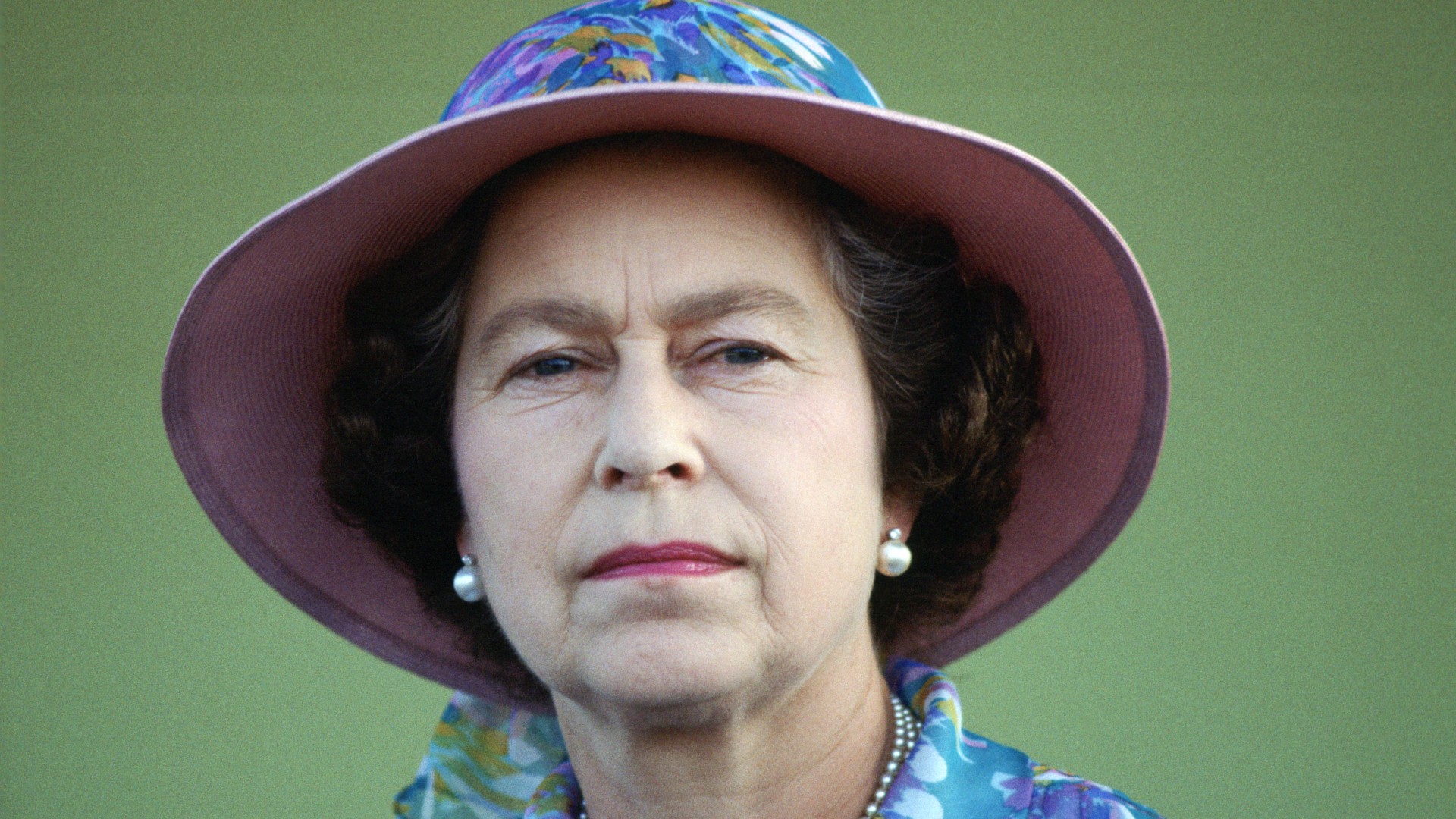
Season four of Netflix's The Crown shone a light on the story of two of Queen Elizabeth II's cousins, Katherine and Nerissa Bowes-Lyon, daughters of John Herbert Bowes-Lyon, the Queen Mother's brother.
The unusual story goes that Katherine, who was born in 1926, the same year as the Queen, and Nerissa, born in 1919, both had severe learning difficulties and mental health issues, and were admitted to a mental health institution in the early 1940s.
Sadly, the sisters were largely kept out of public view despite being the monarch's cousins, and were even listed as having passed away in the 1940s, despite it later being discovered that they were actually still alive at this time.
Their deaths were reported to have been falsified, with members of the royal family reportedly even unaware that they were still alive. In fact, the sisters actually died much later on, with Nerissa passing in 1986, and Katherine in 2014.
It's reported that the sisters were kept away from the royal family in order for their disabilities not to 'tarnish' the reputation of the family; a harmful and outdated view nowadays.
The monarch can refuse marriages
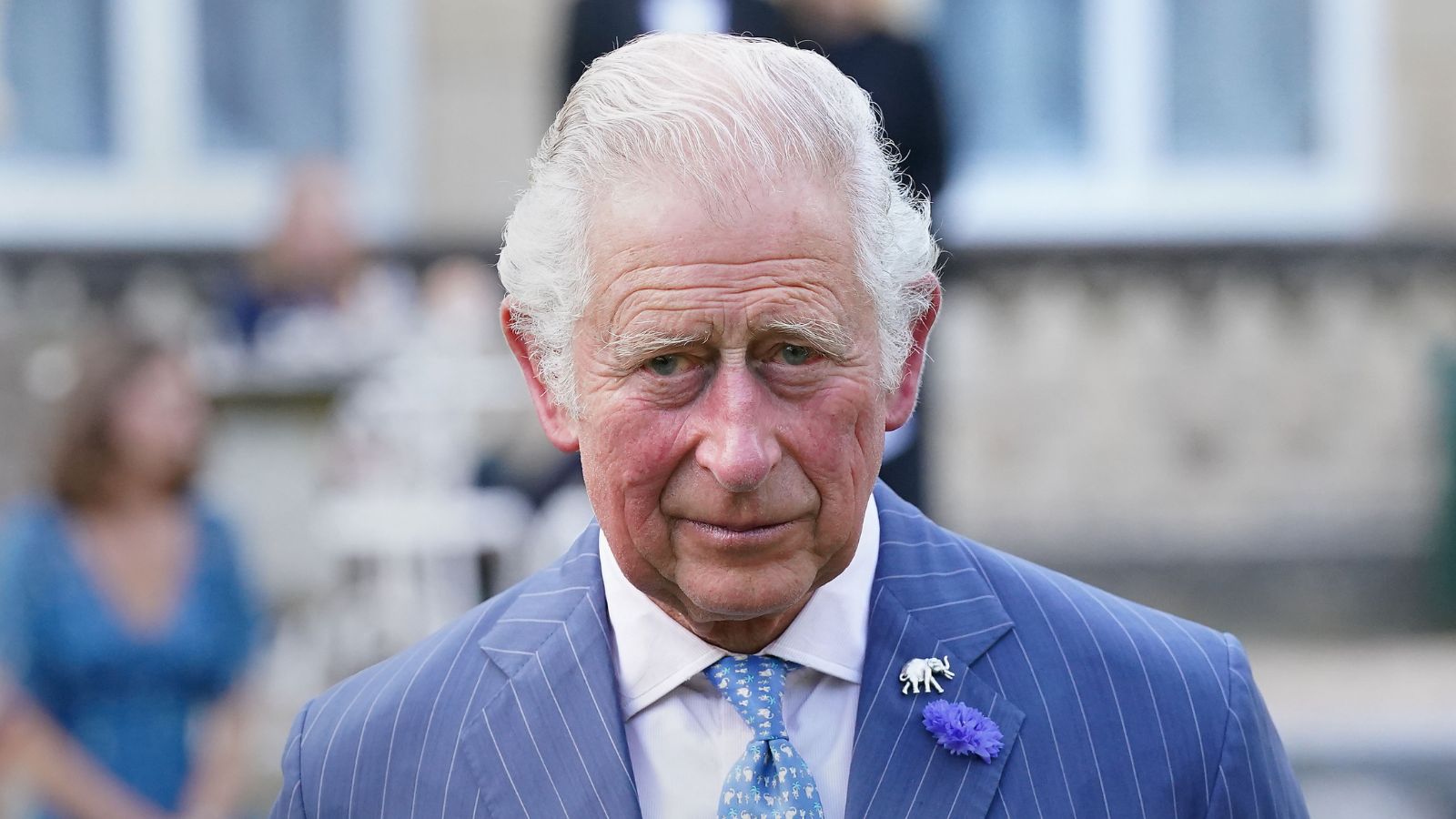
Thanks to the Royal Marriages Act of 1772, the monarch's permission is required if any of the first six in the line to the throne wish to get married – meaning that Prince Harry, Prince William, and King Charles all had to secure Queen Elizabeth's permission to marry their respective partners.
When the act was first set out, it dictated that anyone in the royal family under the age of 25 had to ask the monarch's permission to get married. But in 2013, the Succession to the Crown Act came in, which changed the rule slightly to dictate that only the first six in line needed permission. We'd have to imagine that getting your parent or grandparent's permission to marry feels pretty weird...
